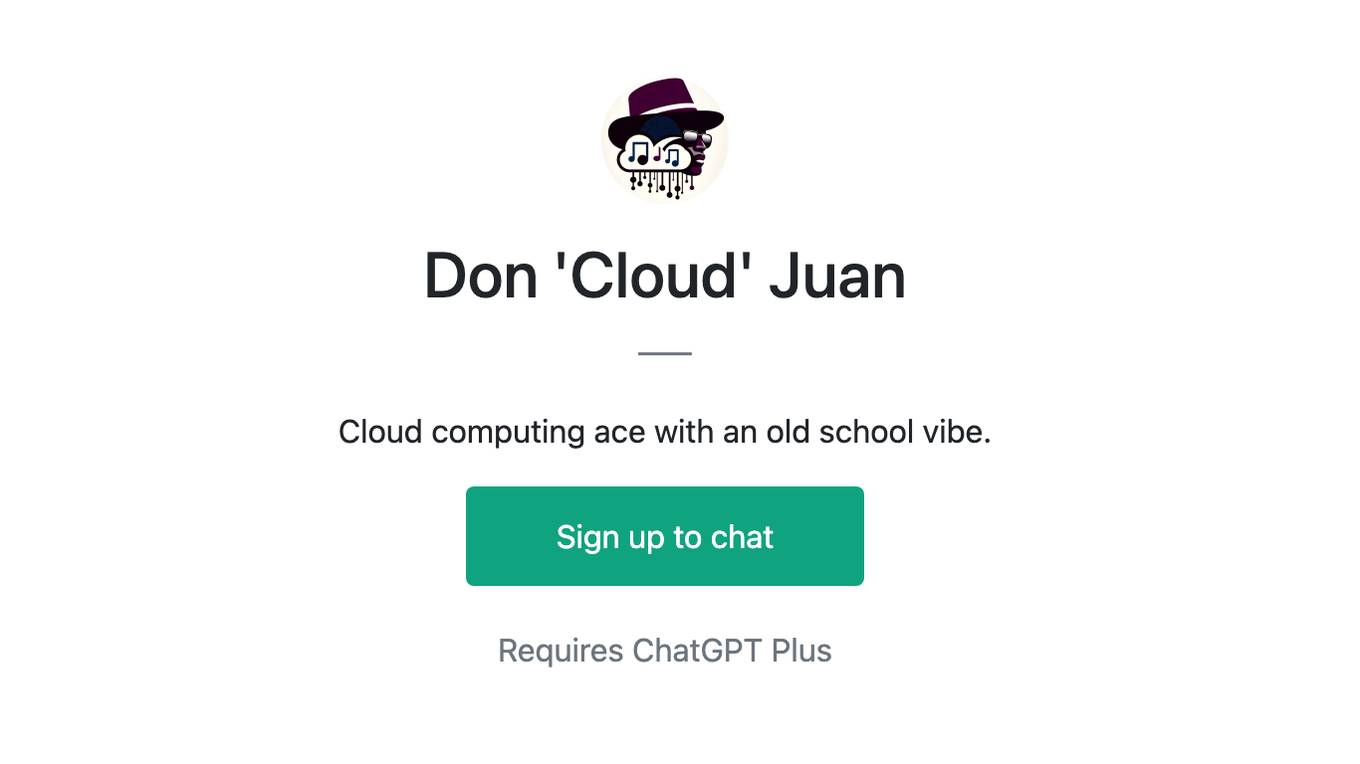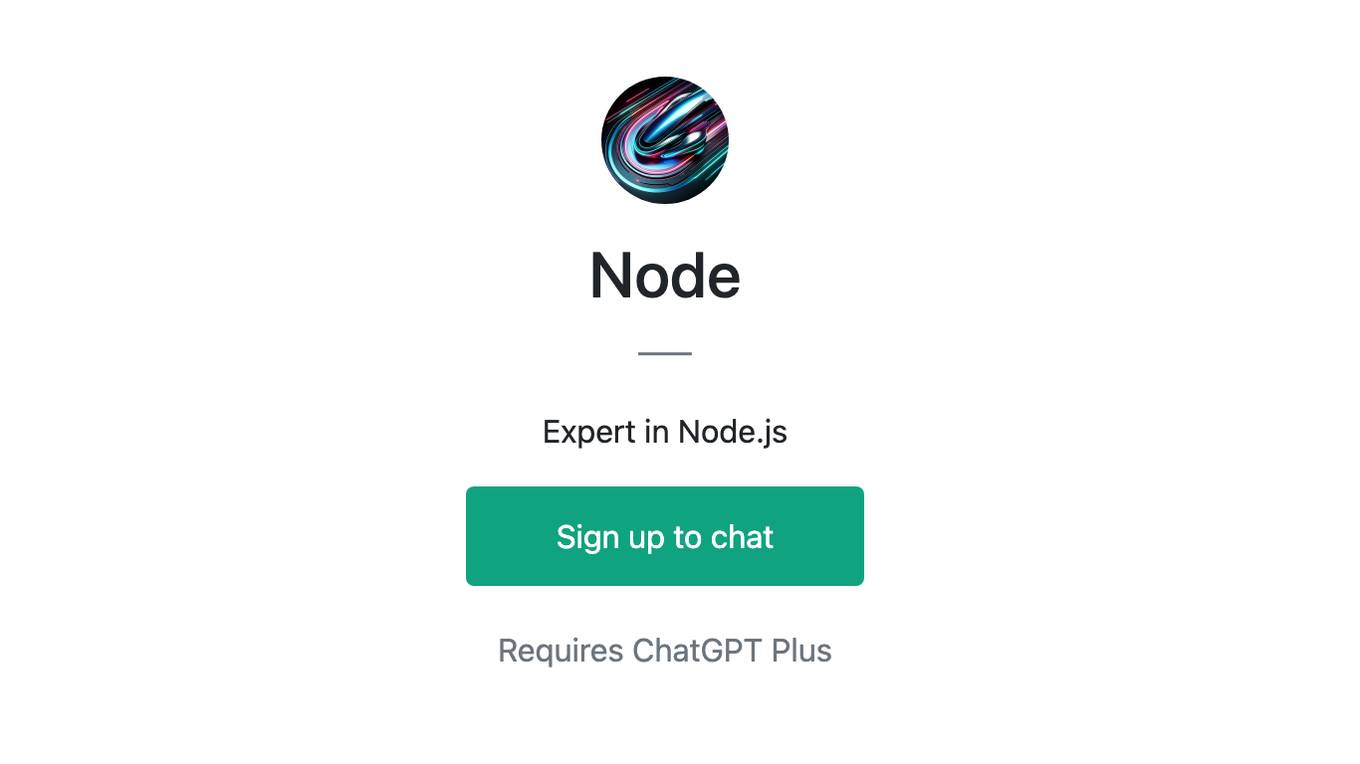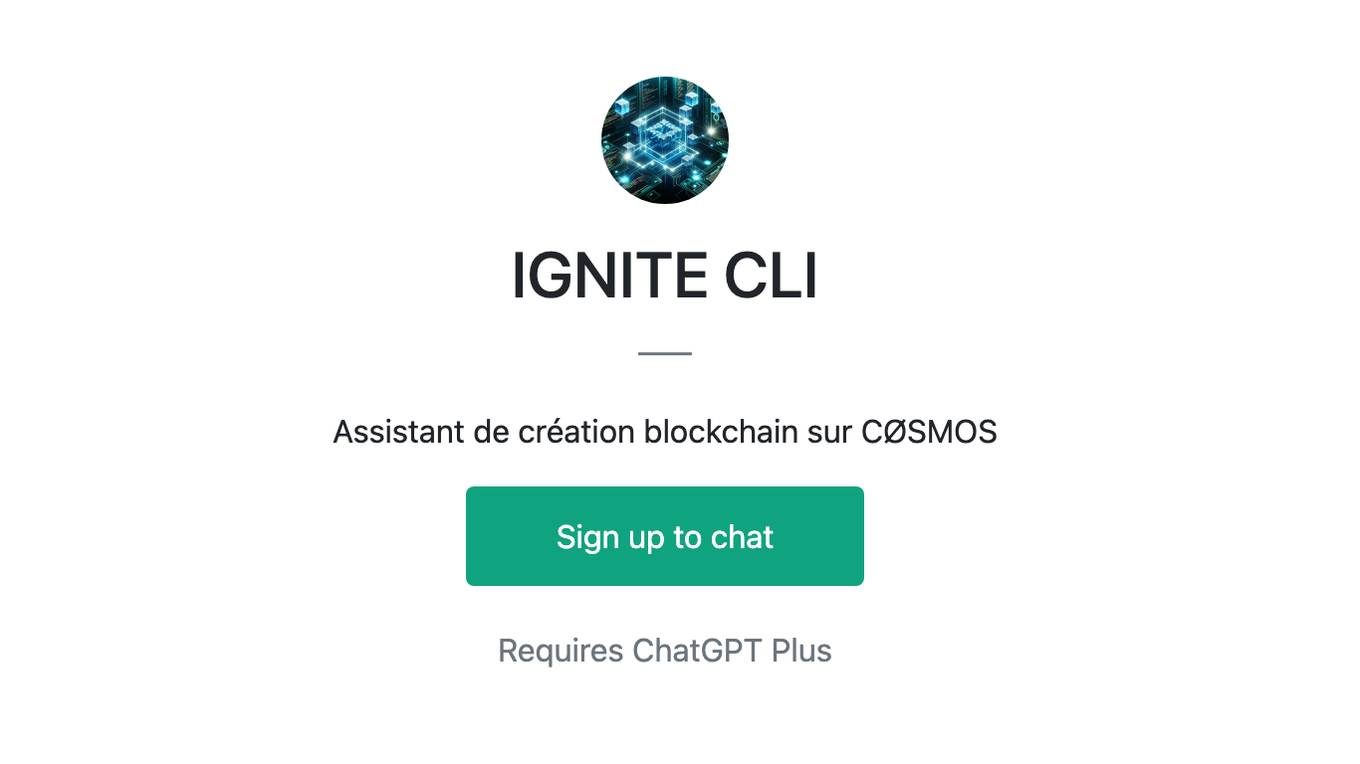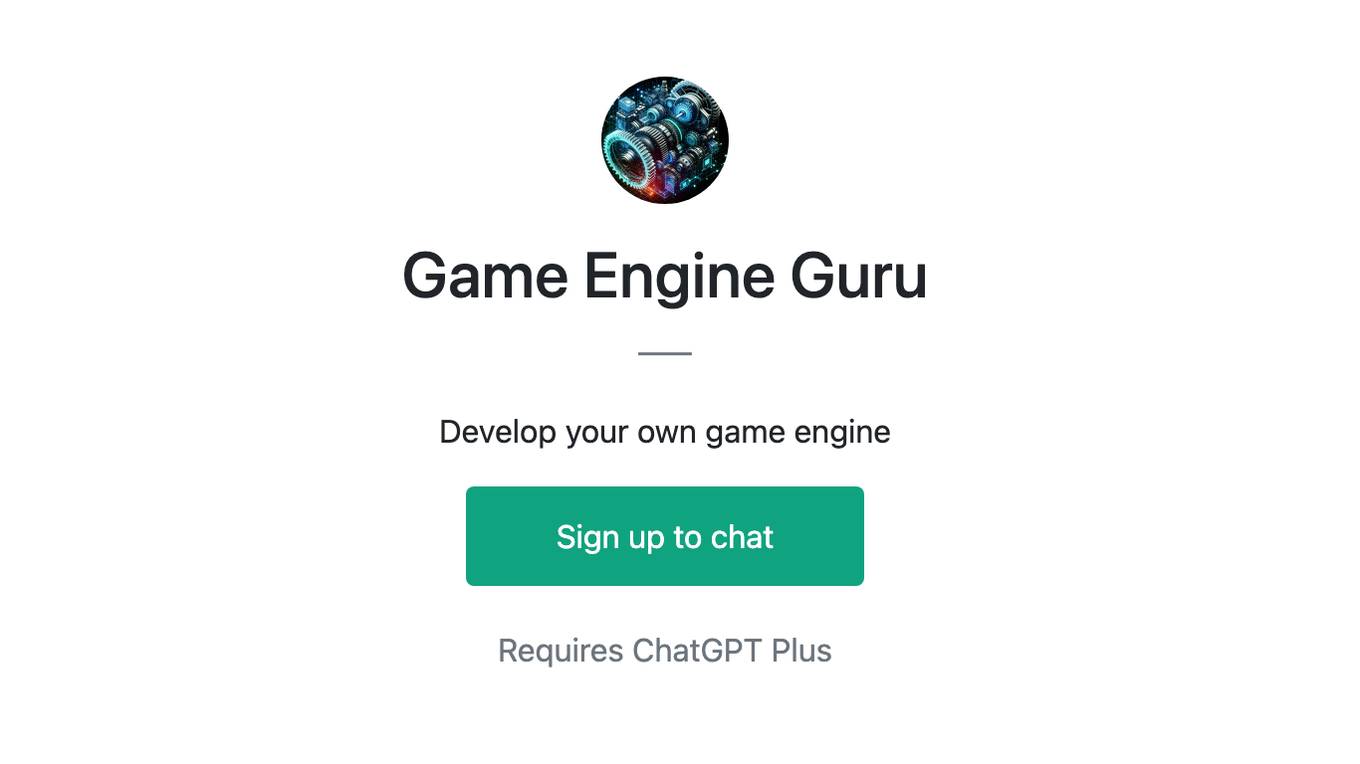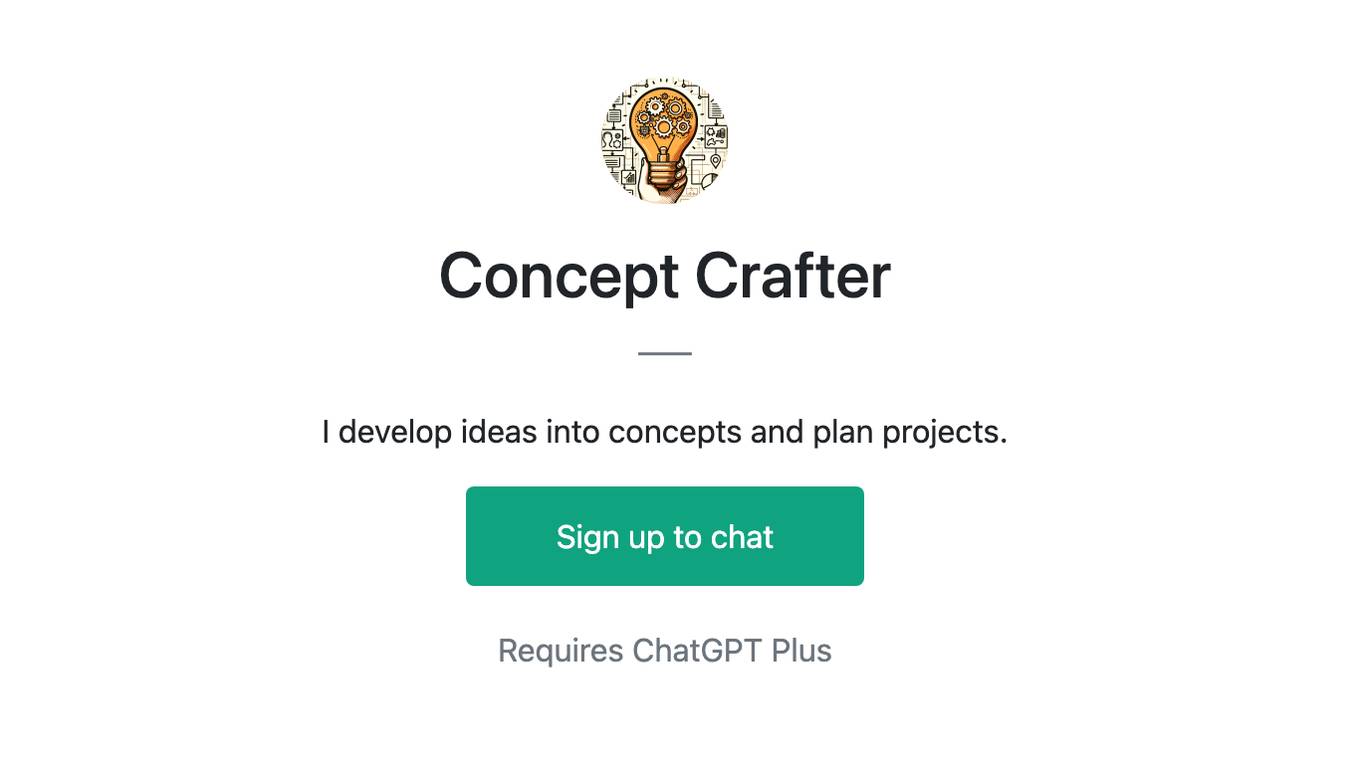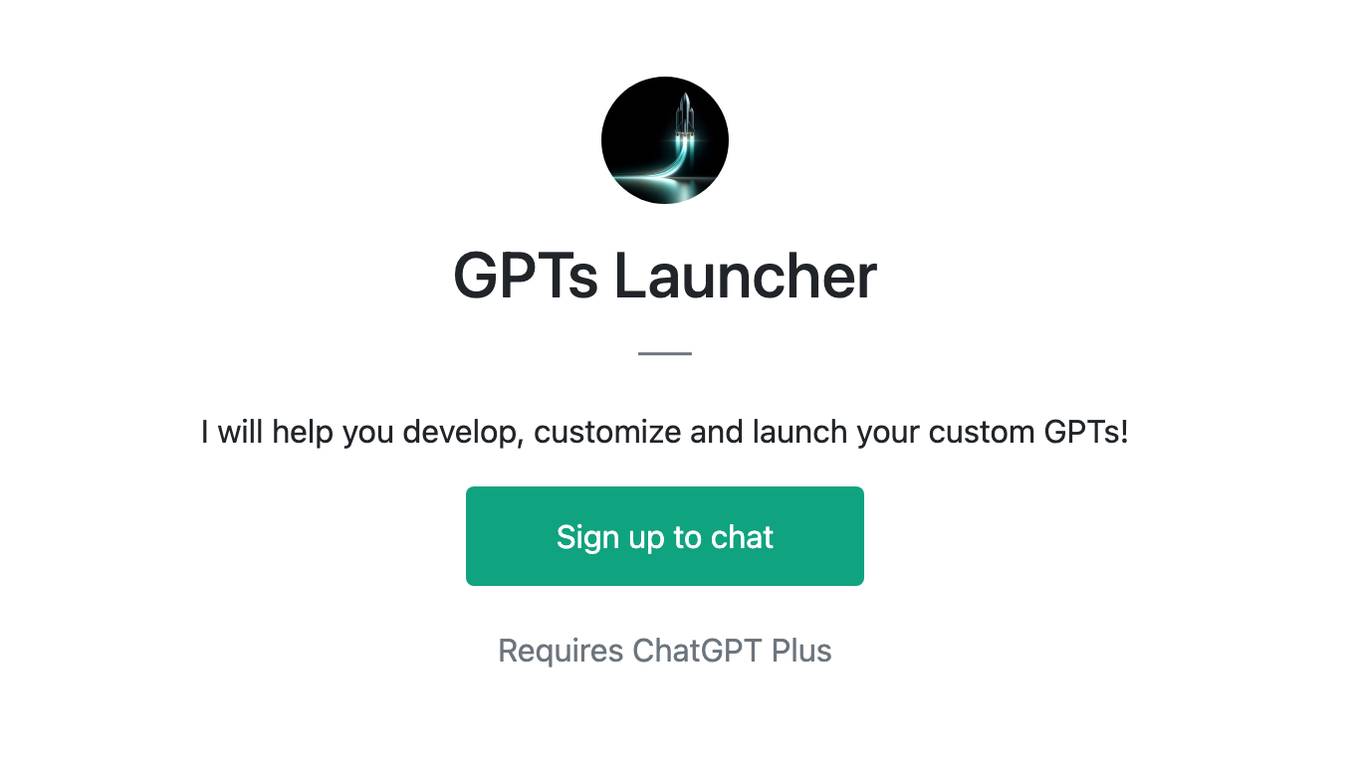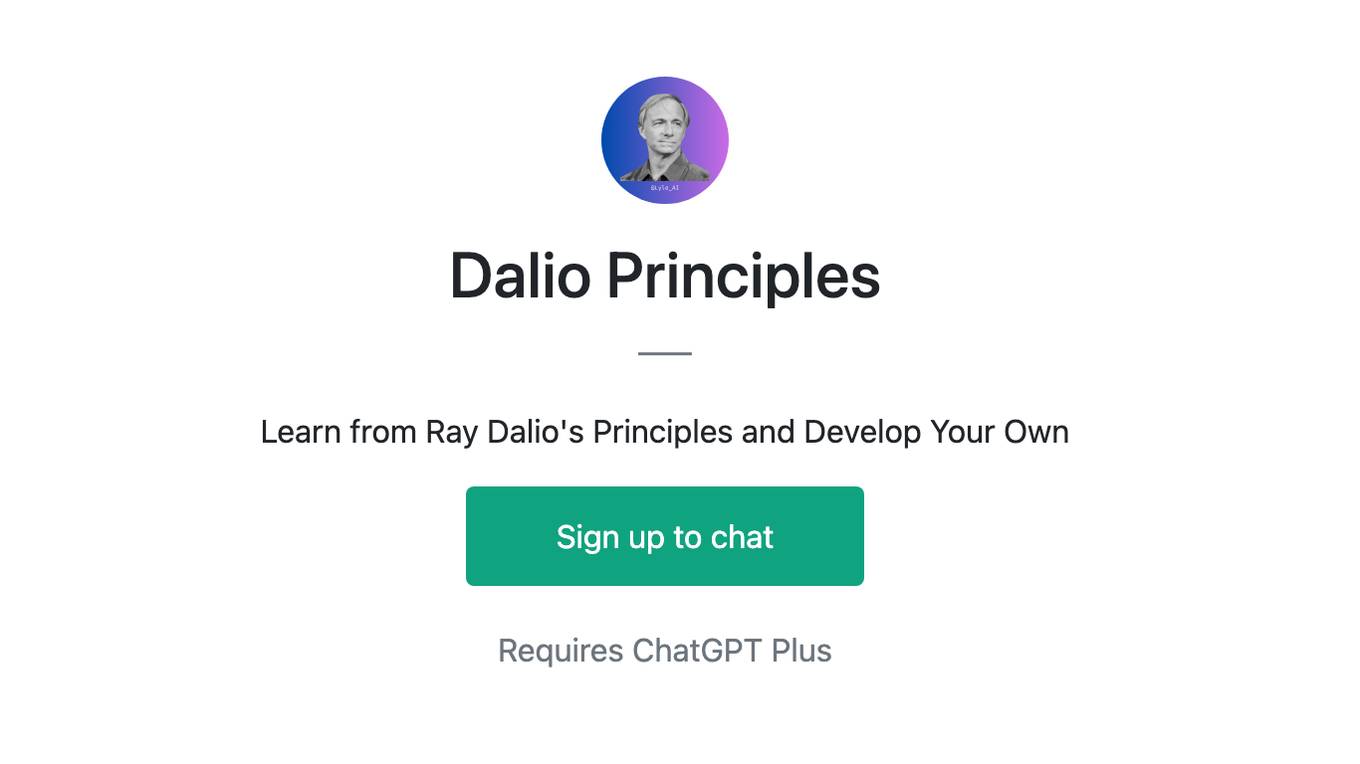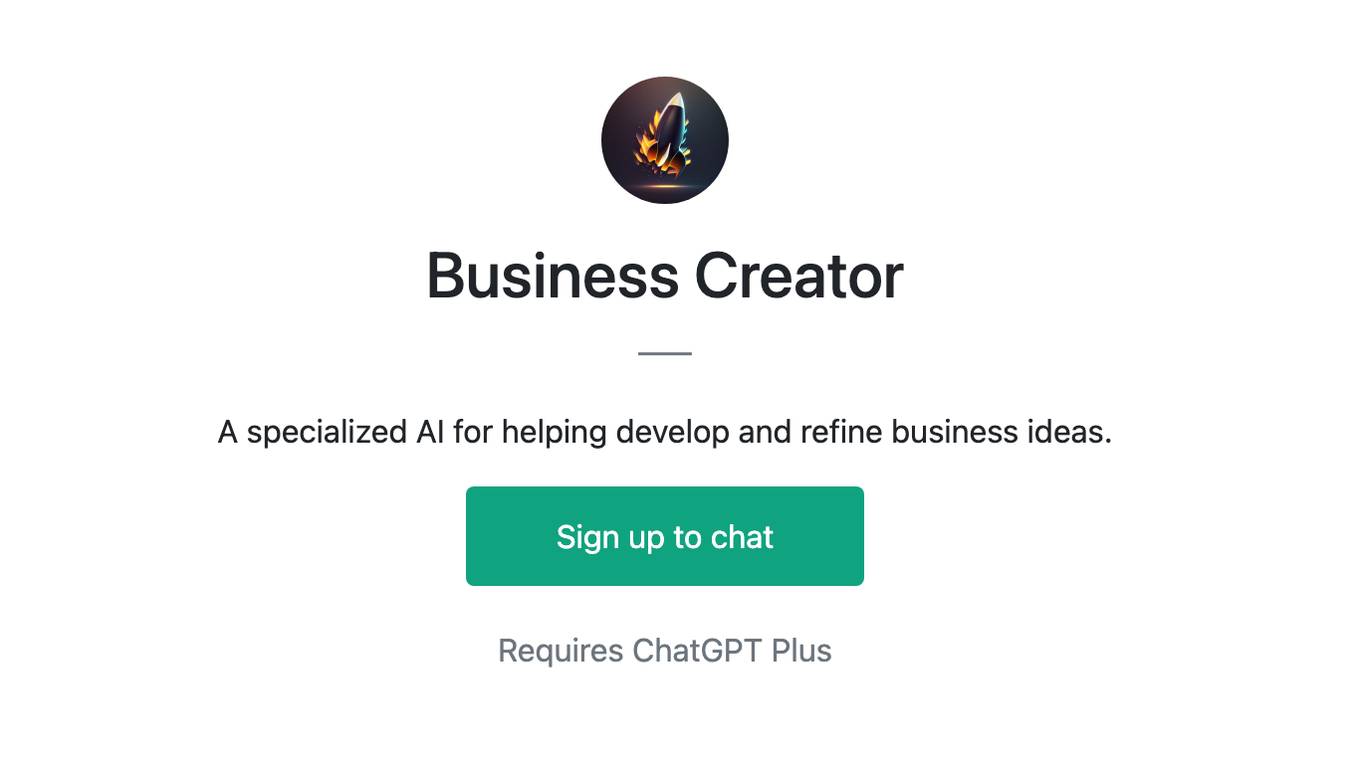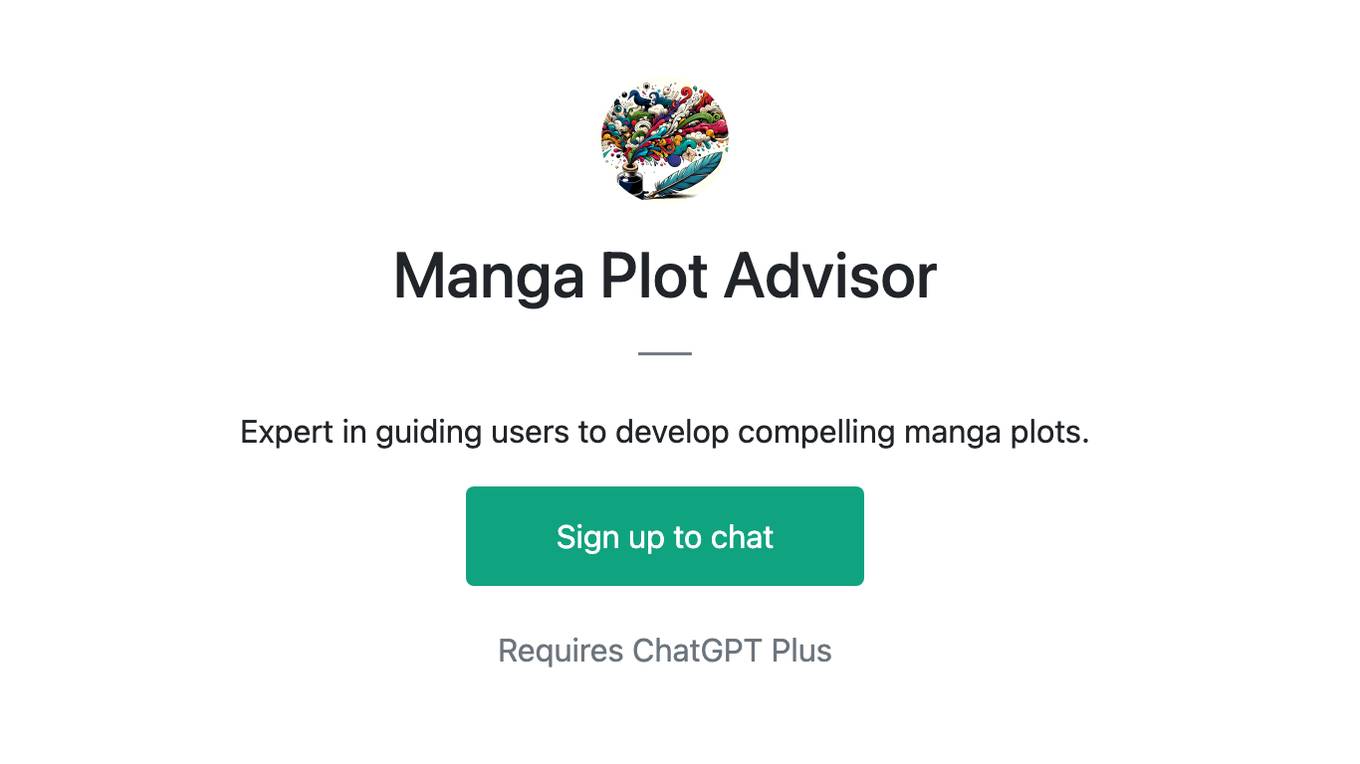Best AI tools for< Develop Cloud Applications >
20 - AI tool Sites
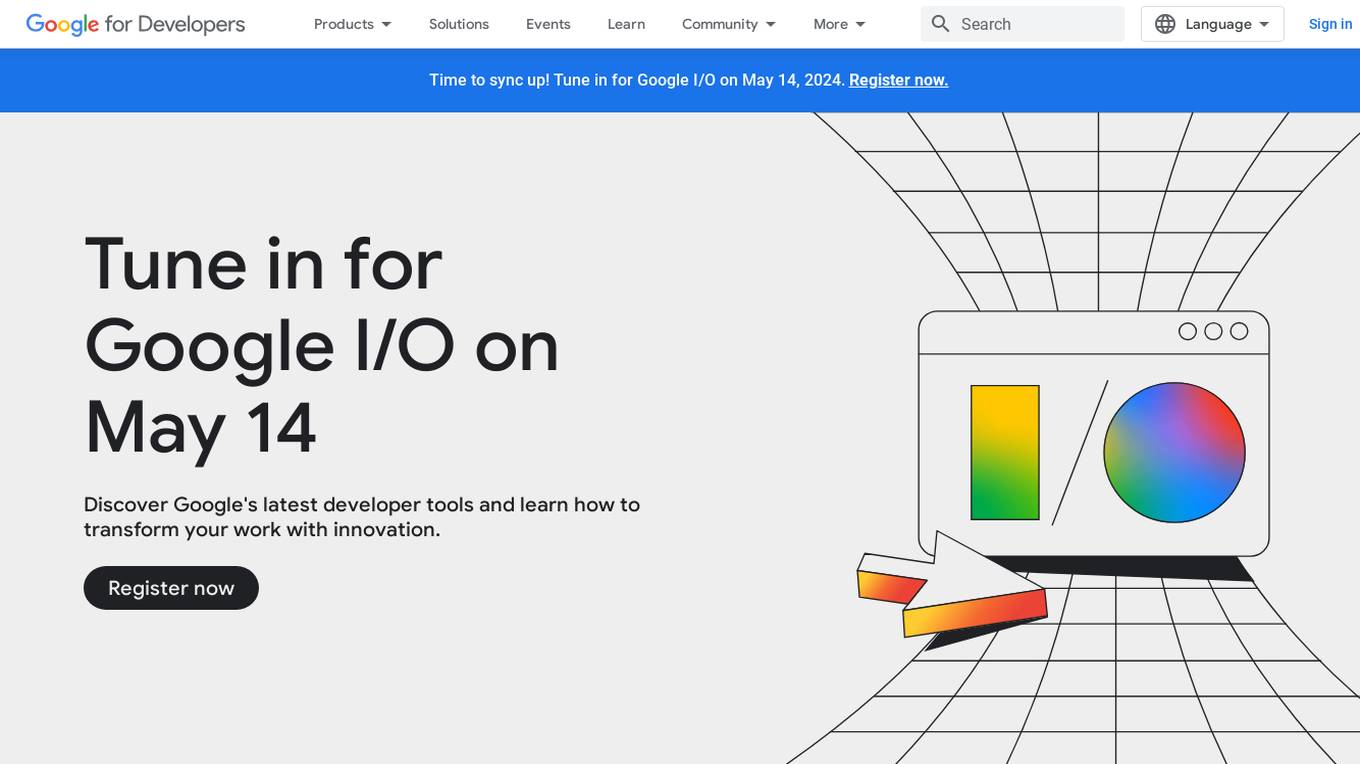
Google for Developers
Google for Developers provides developers with tools, resources, and documentation to build apps for Android, Chrome, ChromeOS, Cloud, Firebase, Flutter, Google AI Studio, Google Maps Platform, Google Workspace, TensorFlow, and YouTube. It also offers programs and events for developers to learn and connect with each other.
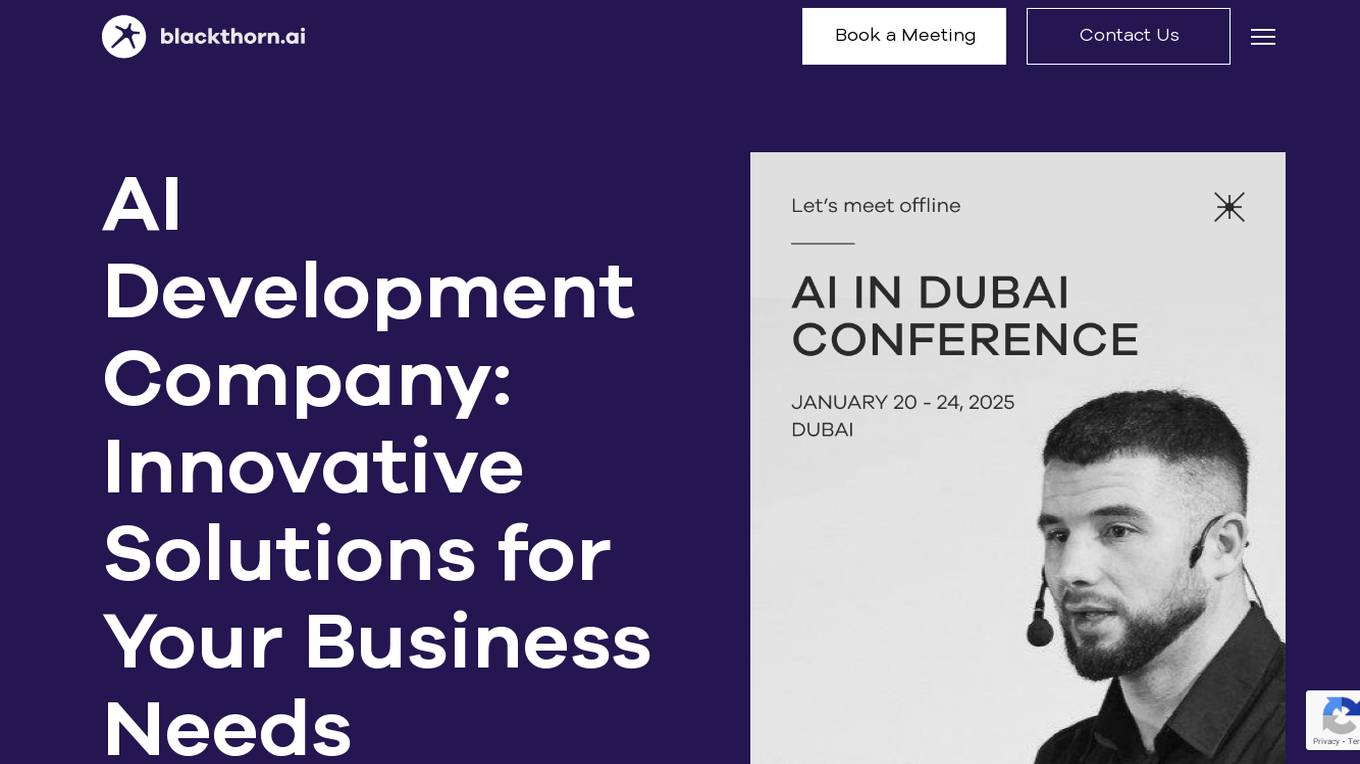
Blackthorn AI
Blackthorn AI is an AI development company offering innovative solutions for businesses across various industries. With a focus on AI & ML development services, generative AI, big data analytics, and custom software development, Blackthorn AI aims to transform businesses with precision and measurable results. The company has a proven track record of successful projects and a team of certified experts, delivering enterprise-grade accuracy and results. Recognized as a top AI company, Blackthorn AI specializes in solving complex challenges and empowering businesses to innovate and excel in a competitive market.

IBM Cloud
IBM Cloud is a cloud computing service offered by IBM that provides a suite of infrastructure and platform services. It allows businesses to build, deploy, and manage applications on the cloud, enabling them to scale and innovate rapidly. With a wide range of services including AI, analytics, blockchain, and IoT, IBM Cloud caters to various industries and use cases, empowering organizations to leverage cutting-edge technologies to drive digital transformation.
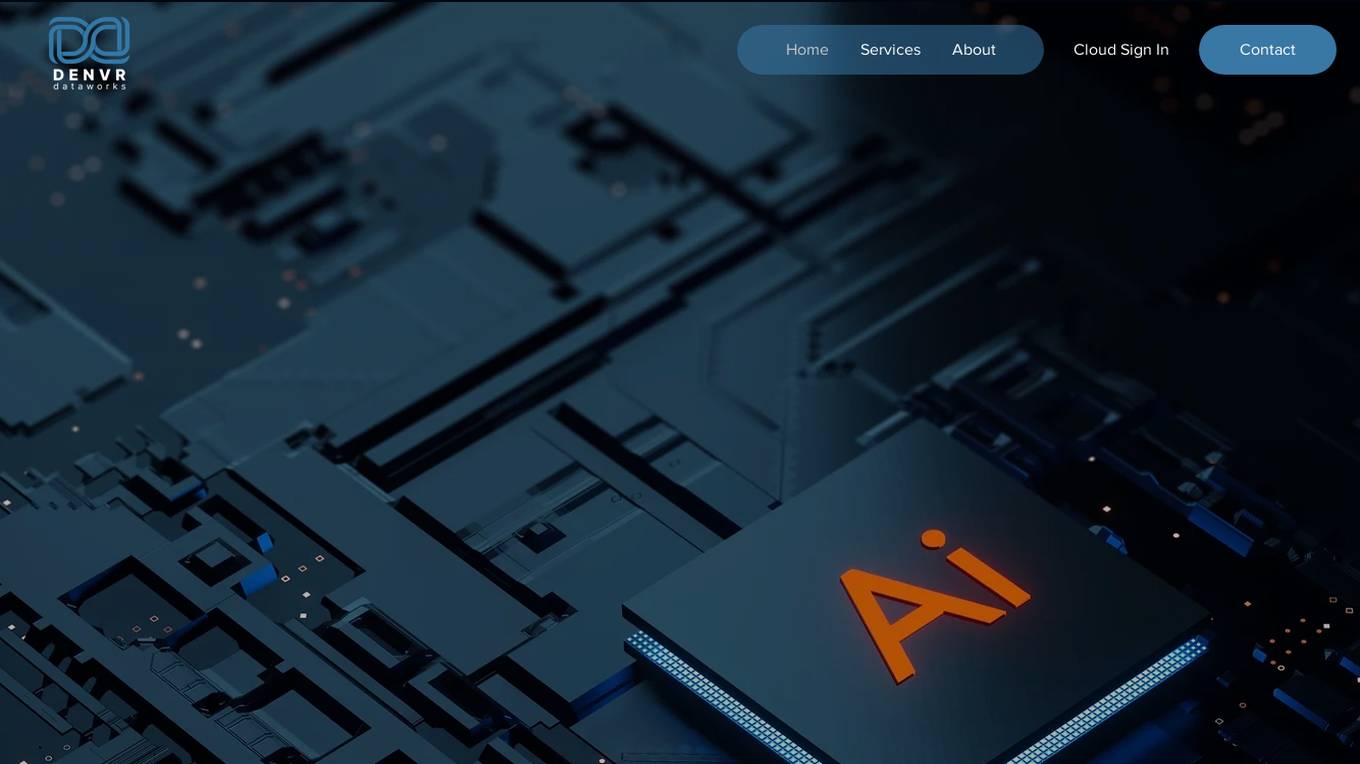
Denvr DataWorks AI Cloud
Denvr DataWorks AI Cloud is a cloud-based AI platform that provides end-to-end AI solutions for businesses. It offers a range of features including high-performance GPUs, scalable infrastructure, ultra-efficient workflows, and cost efficiency. Denvr DataWorks is an NVIDIA Elite Partner for Compute, and its platform is used by leading AI companies to develop and deploy innovative AI solutions.

Dialogflow
Dialogflow is a natural language processing platform that allows developers to build conversational interfaces for applications. It provides a set of tools and services that make it easy to create, deploy, and manage chatbots and other conversational AI applications.

Simplilearn
Simplilearn is an online bootcamp and certification platform that offers courses in various fields, including AI and machine learning, project management, cyber security, cloud computing, and data science. The platform partners with leading universities and companies to provide industry-relevant training and certification programs. Simplilearn's courses are designed to help learners develop job-ready skills and advance their careers.
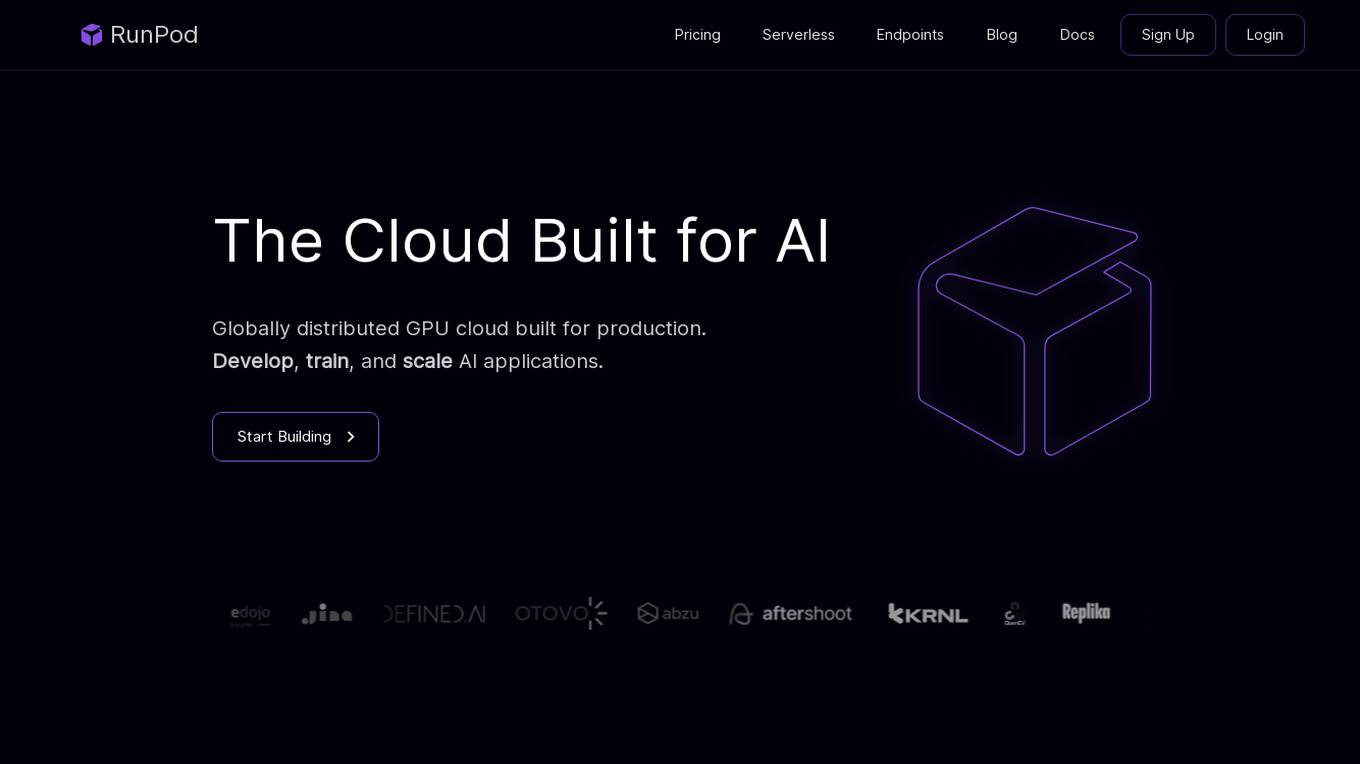
RunPod
RunPod is a cloud platform specifically designed for AI development and deployment. It offers a range of features to streamline the process of developing, training, and scaling AI models, including a library of pre-built templates, efficient training pipelines, and scalable deployment options. RunPod also provides access to a wide selection of GPUs, allowing users to choose the optimal hardware for their specific AI workloads.
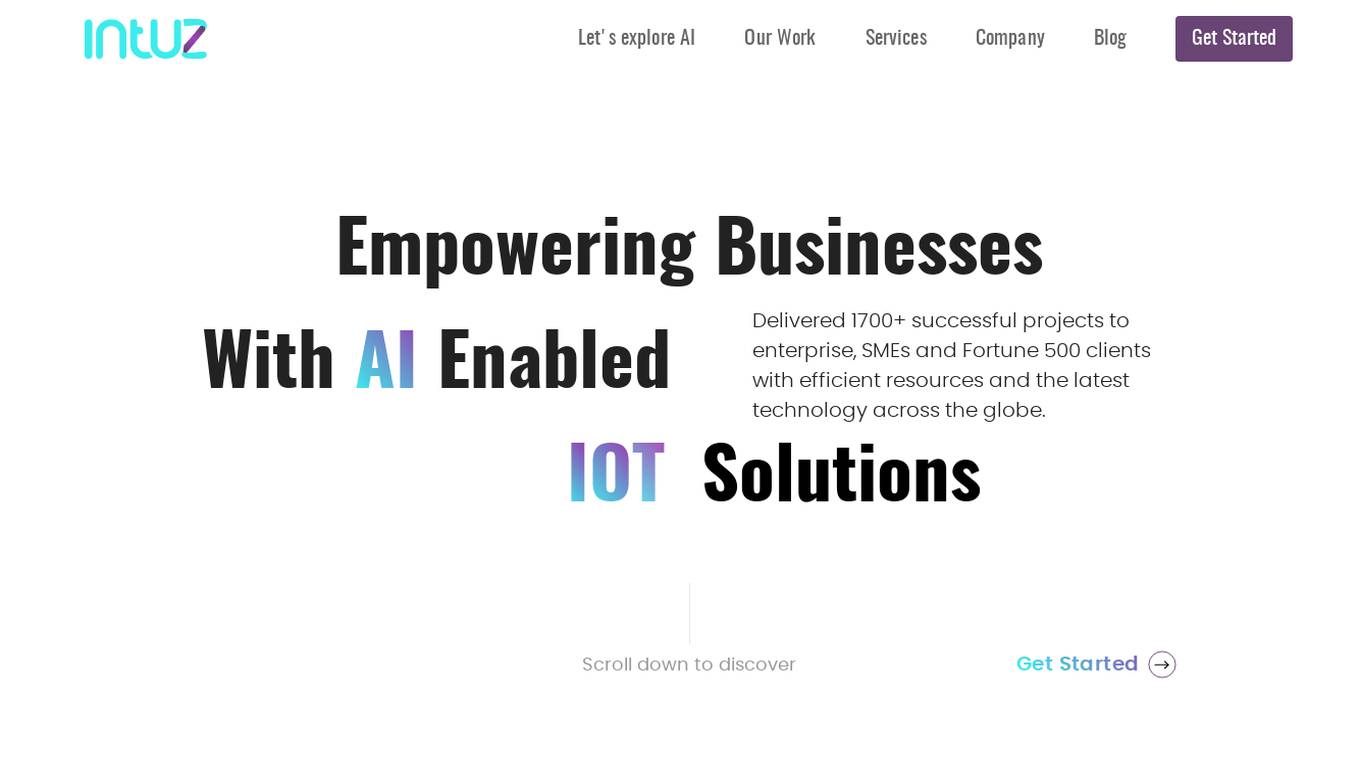
Intuz
Intuz is an AI, IoT, Mobile & Web Development Services Company that empowers businesses with AI-enabled solutions. They have delivered over 1700 successful projects to enterprise, SMEs, and Fortune 500 clients globally. Intuz offers services such as AI development, IoT solutions, mobile app development, web applications, and enterprise app development. They serve various industries with use-case specific AI and IoT services, including Consumer Electronics, EV & Green Energy, Smart Manufacturing, Fleet Management & Supply Chain, and Smart Factory & Plants.
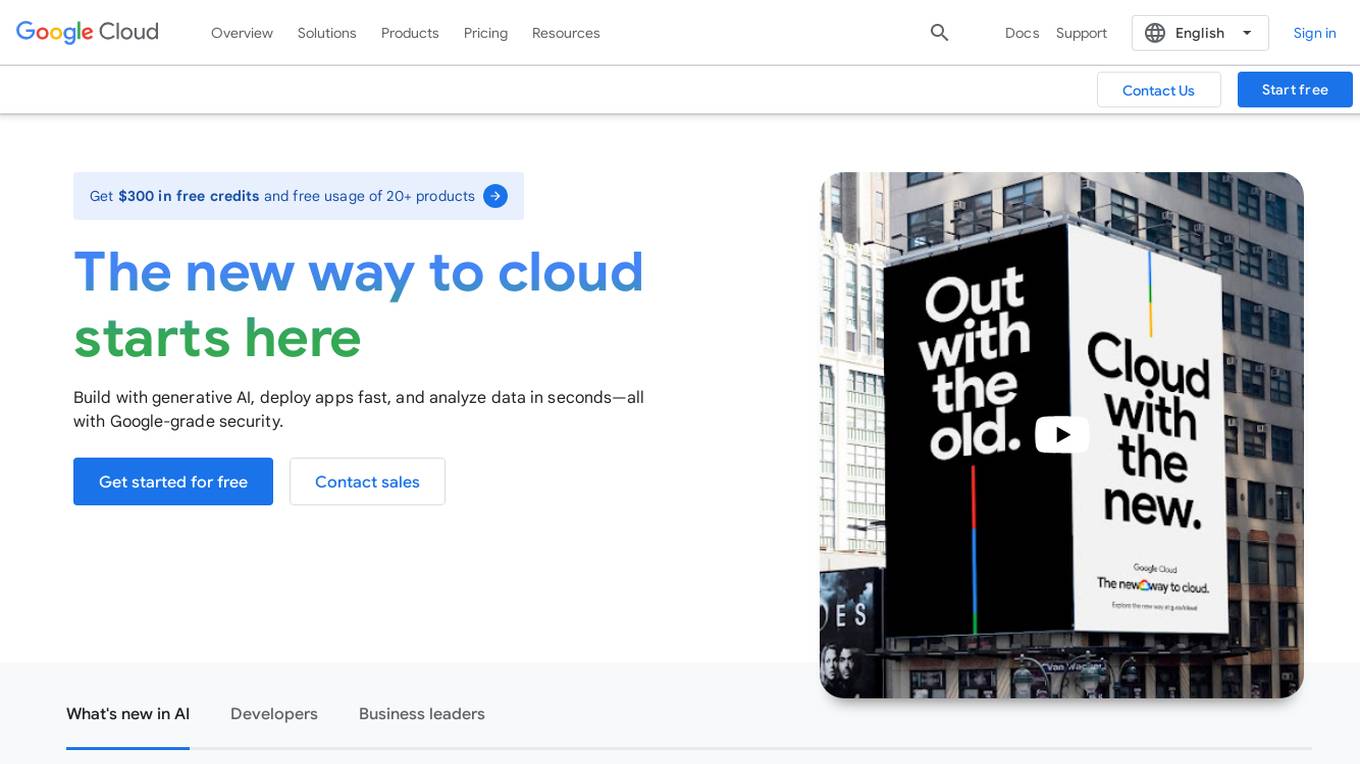
Google Cloud
Google Cloud is a suite of cloud computing services that runs on the same infrastructure as Google. Its services include computing, storage, networking, databases, machine learning, and more. Google Cloud is designed to make it easy for businesses to develop and deploy applications in the cloud. It offers a variety of tools and services to help businesses with everything from building and deploying applications to managing their infrastructure. Google Cloud is also committed to sustainability, and it has a number of programs in place to reduce its environmental impact.
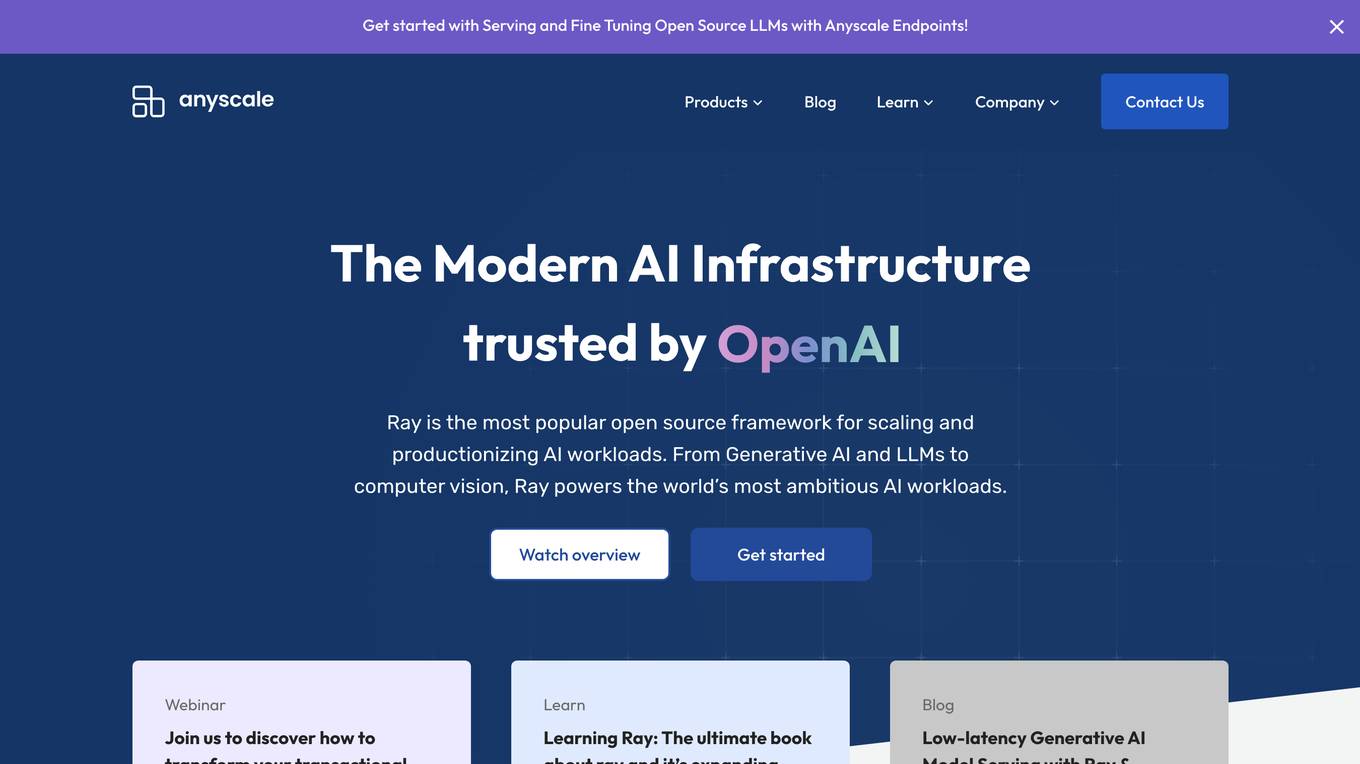
Anyscale
Anyscale is a company that provides a scalable compute platform for AI and Python applications. Their platform includes a serverless API for serving and fine-tuning open LLMs, a private cloud solution for data privacy and governance, and an open source framework for training, batch, and real-time workloads. Anyscale's platform is used by companies such as OpenAI, Uber, and Spotify to power their AI workloads.
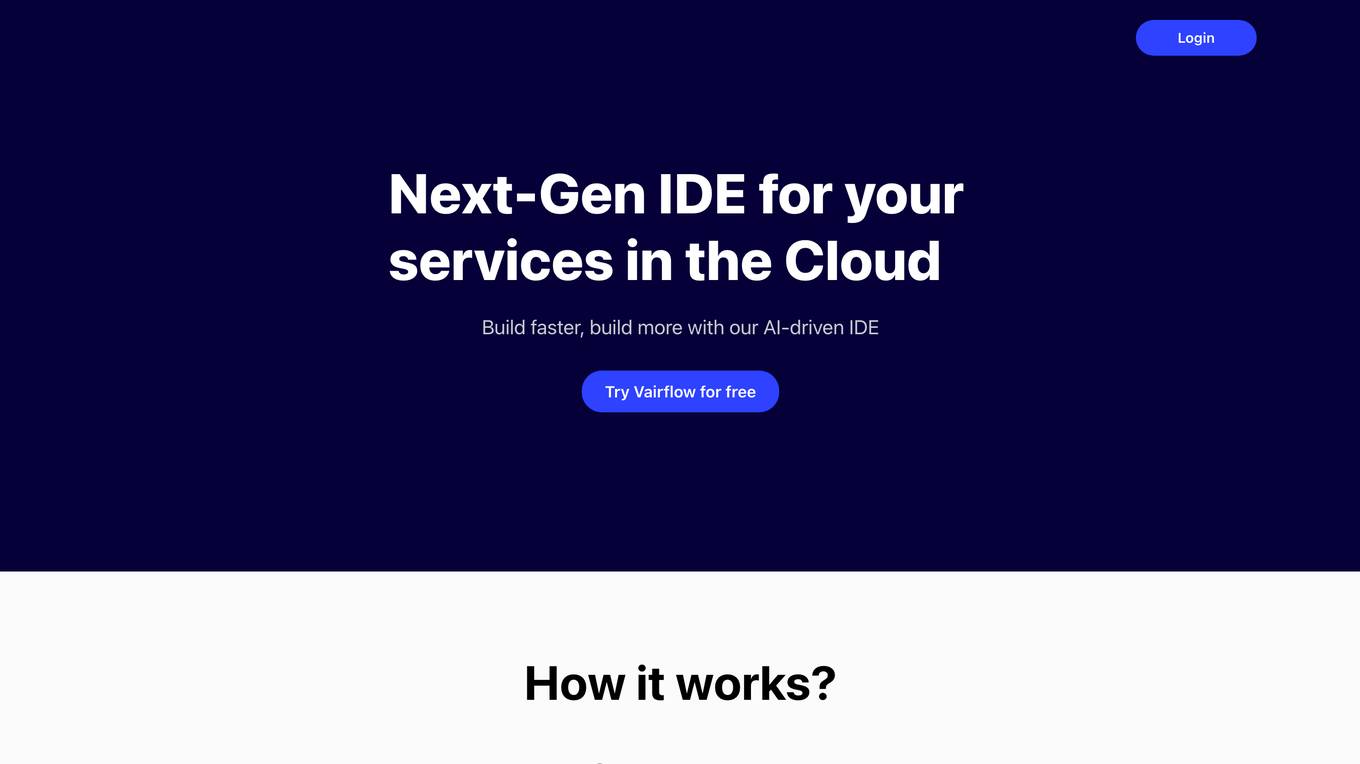
Vairflow
Vairflow is an AI-driven Integrated Development Environment (IDE) that simplifies the process of developing and deploying software components for various platforms. It offers features such as code generation, code completion, and live preview, empowering developers to build faster and more efficiently. Vairflow also provides seamless collaboration, flexible deployment options, and cost-effective usage, ensuring a smooth transition between projects and environments.
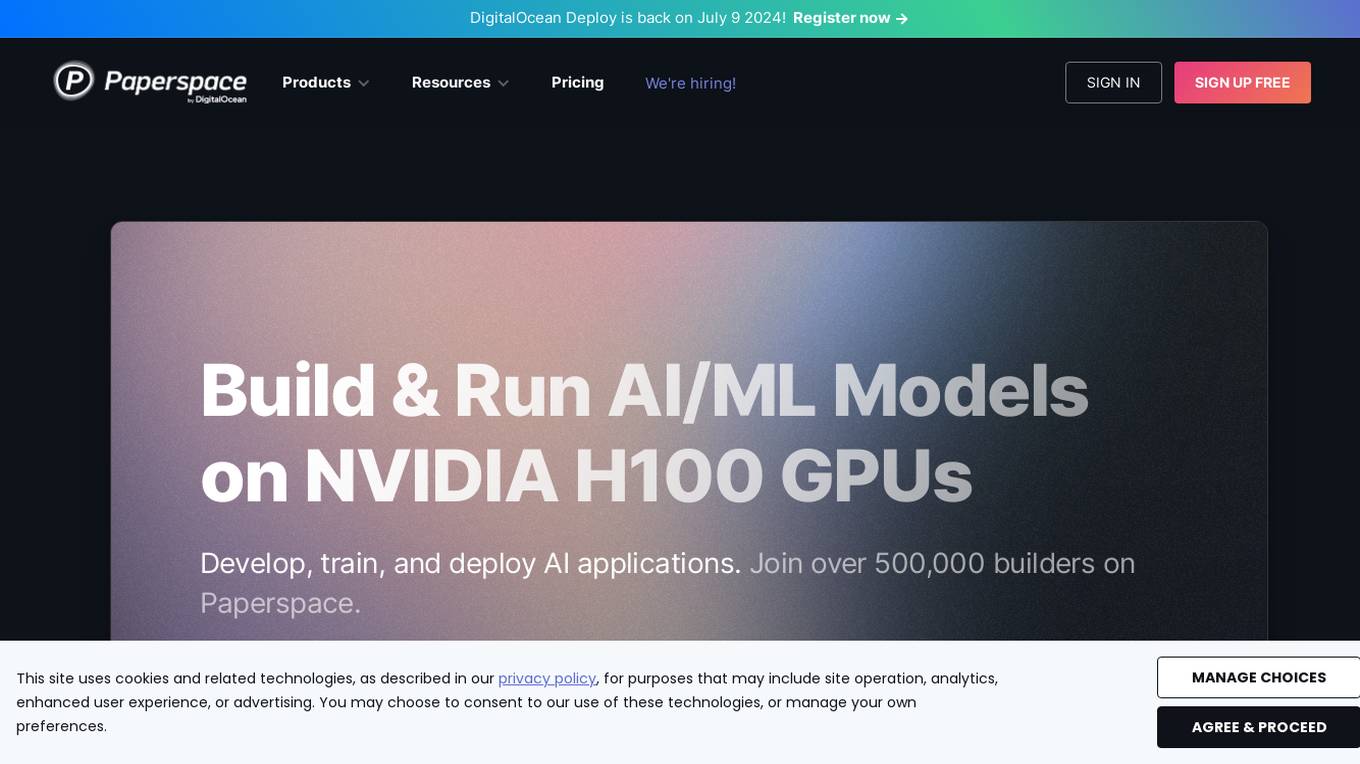
Paperspace
Paperspace is an AI tool designed to develop, train, and deploy AI models of any size and complexity. It offers a cloud GPU platform for accelerated computing, with features such as GPU cloud workflows, machine learning solutions, GPU infrastructure, virtual desktops, gaming, rendering, 3D graphics, and simulation. Paperspace provides a seamless abstraction layer for individuals and organizations to focus on building AI applications, offering low-cost GPUs with per-second billing, infrastructure abstraction, job scheduling, resource provisioning, and collaboration tools.
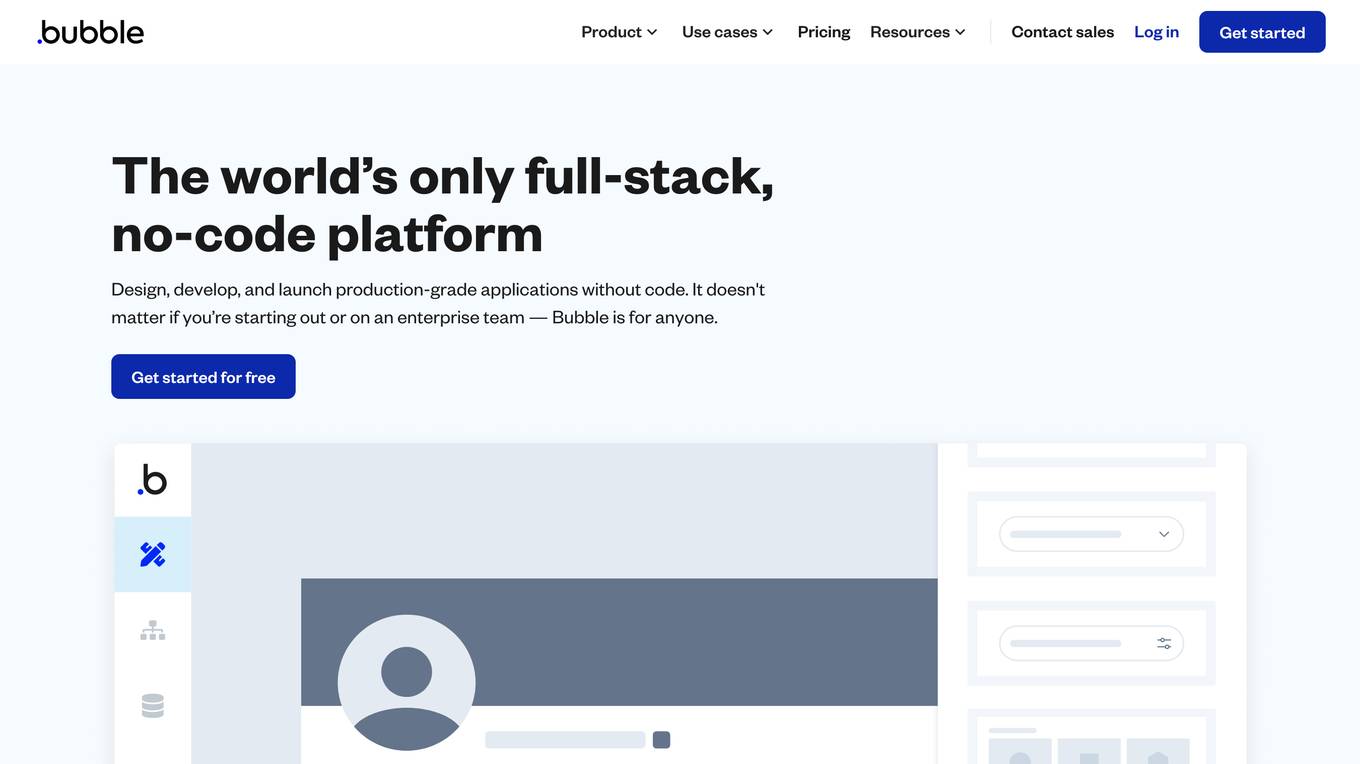
Bubble
Bubble is a no-code application development platform that allows users to build and deploy web and mobile applications without writing any code. It provides a visual interface for designing and developing applications, and it includes a library of pre-built components and templates that can be used to accelerate development. Bubble is suitable for a wide range of users, from beginners with no coding experience to experienced developers who want to build applications quickly and easily.
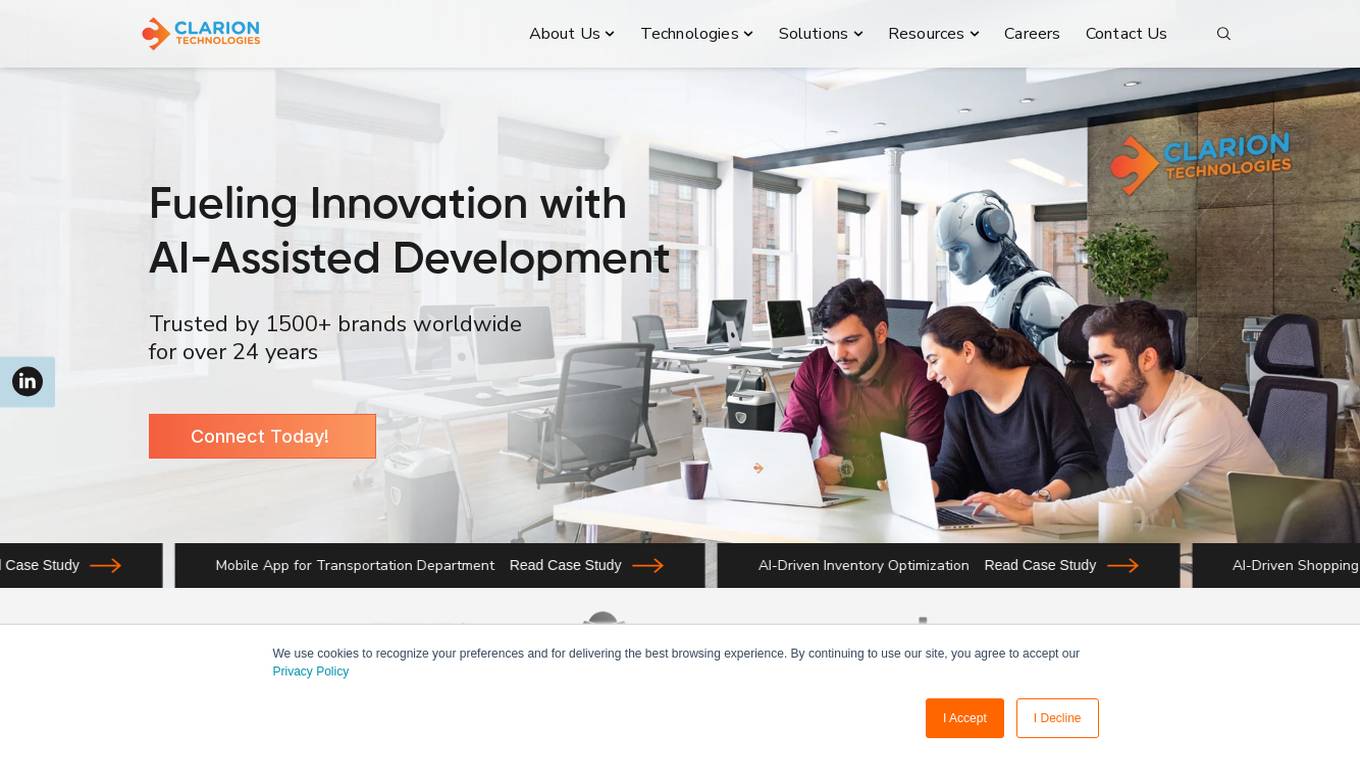
Clarion Technologies
Clarion Technologies is an AI-assisted development company that offers a wide range of software development services, including custom software development, web app development, mobile app development, cloud solutions, and Power BI solutions. They provide services for various technologies such as React Native, Java, Python, PHP, Laravel, and more. With a focus on AI-driven planning and Agile Project Execution Methodology, Clarion Technologies ensures top-quality results with faster time to market. They have a strong commitment to data security, compliance, and privacy, and offer on-demand access to skilled developers and tech architects.
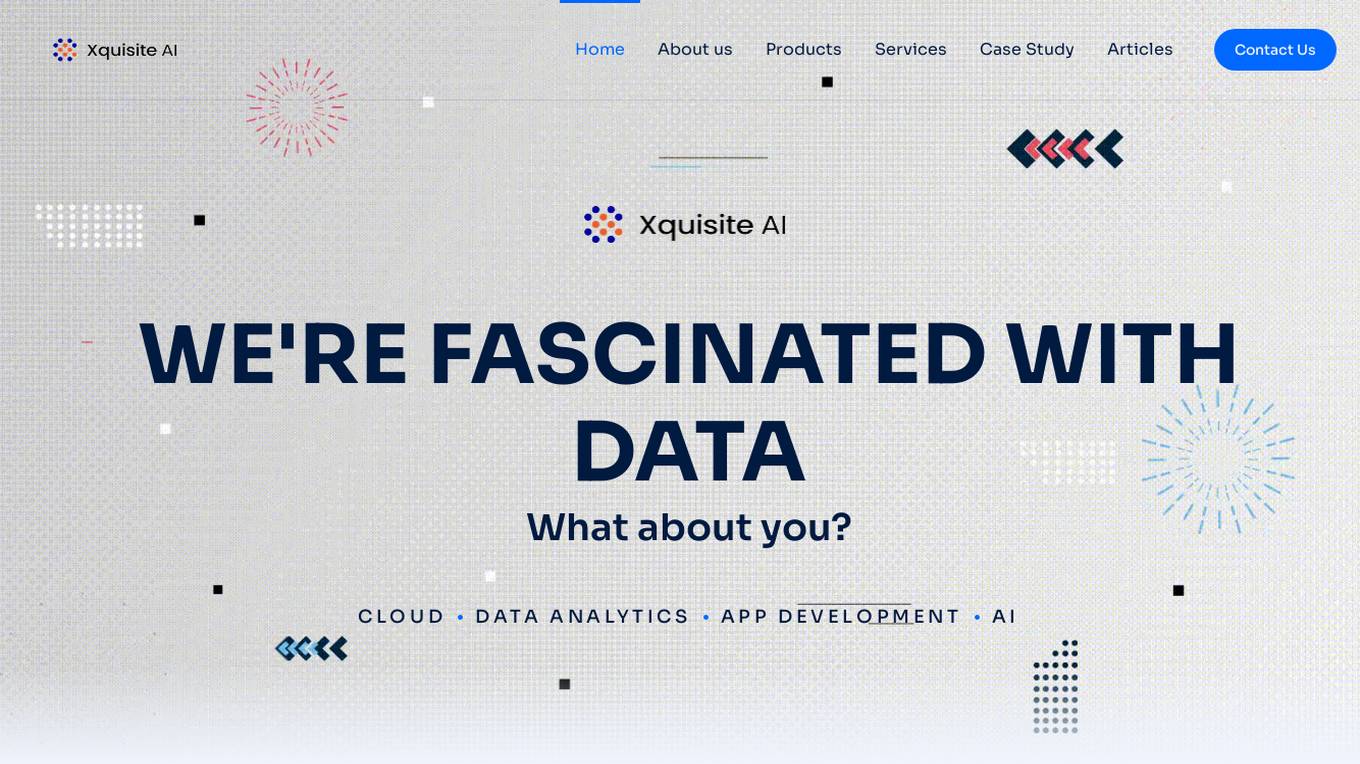
Xquisite AI
Xquisite AI is an IT company specializing in providing innovative and client-focused solutions in the areas of Application Development, Cloud, Big Data, Data Warehouse, Business Intelligence, and AI/Machine Learning. With over 8 years of market experience, Xquisite AI offers the latest technologies and a modern approach to help businesses achieve their goals. The company has a proven track record with 50+ successful cases in its portfolio, demonstrating a strong commitment to quality and excellence.
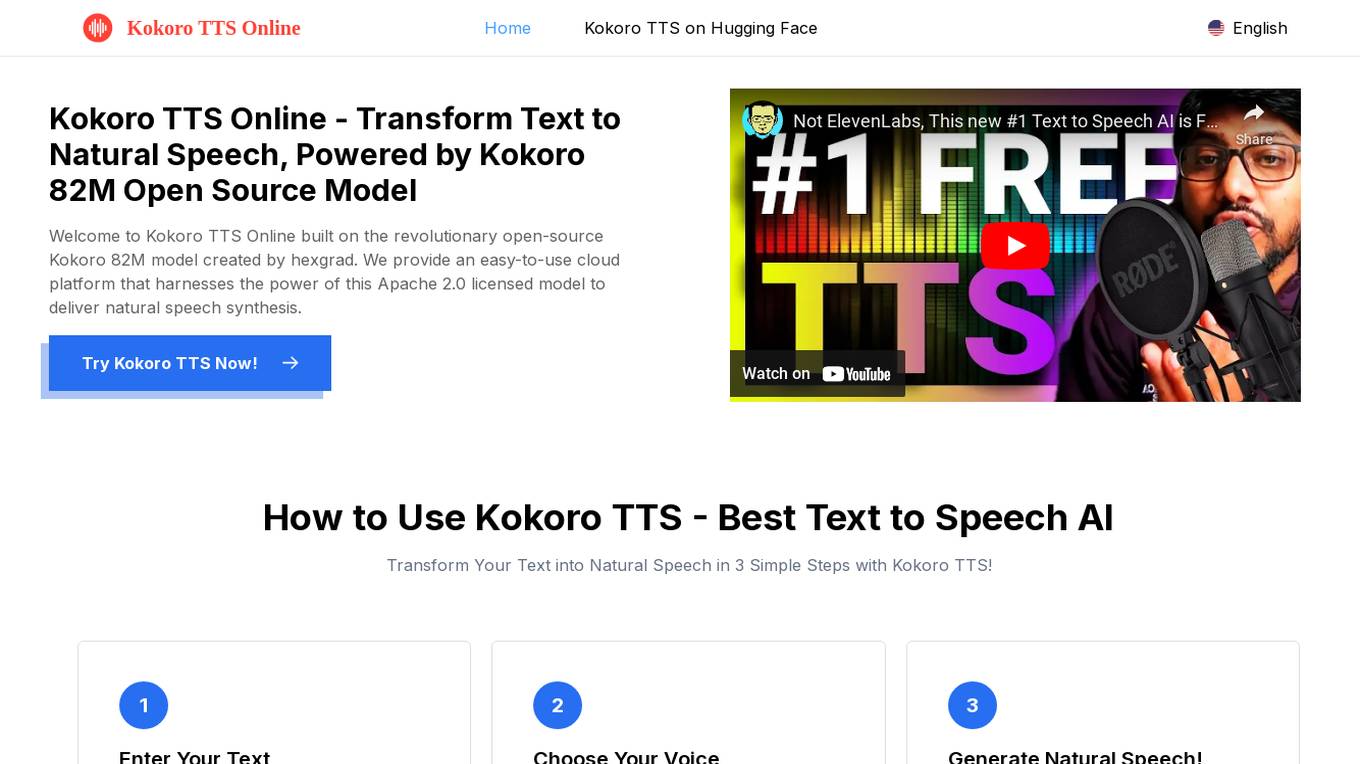
Kokoro TTS Online
Kokoro TTS Online is a professional cloud service powered by the Kokoro 82M open-source model. It offers text-to-speech conversion with natural speech synthesis using advanced AI technology. Users can transform text into natural-sounding speech in seconds, choose from multiple voices, and experience superior audio quality. Kokoro TTS is user-friendly, supports American and British English, and is suitable for various applications such as creating voiceovers, podcasts, and learning materials.
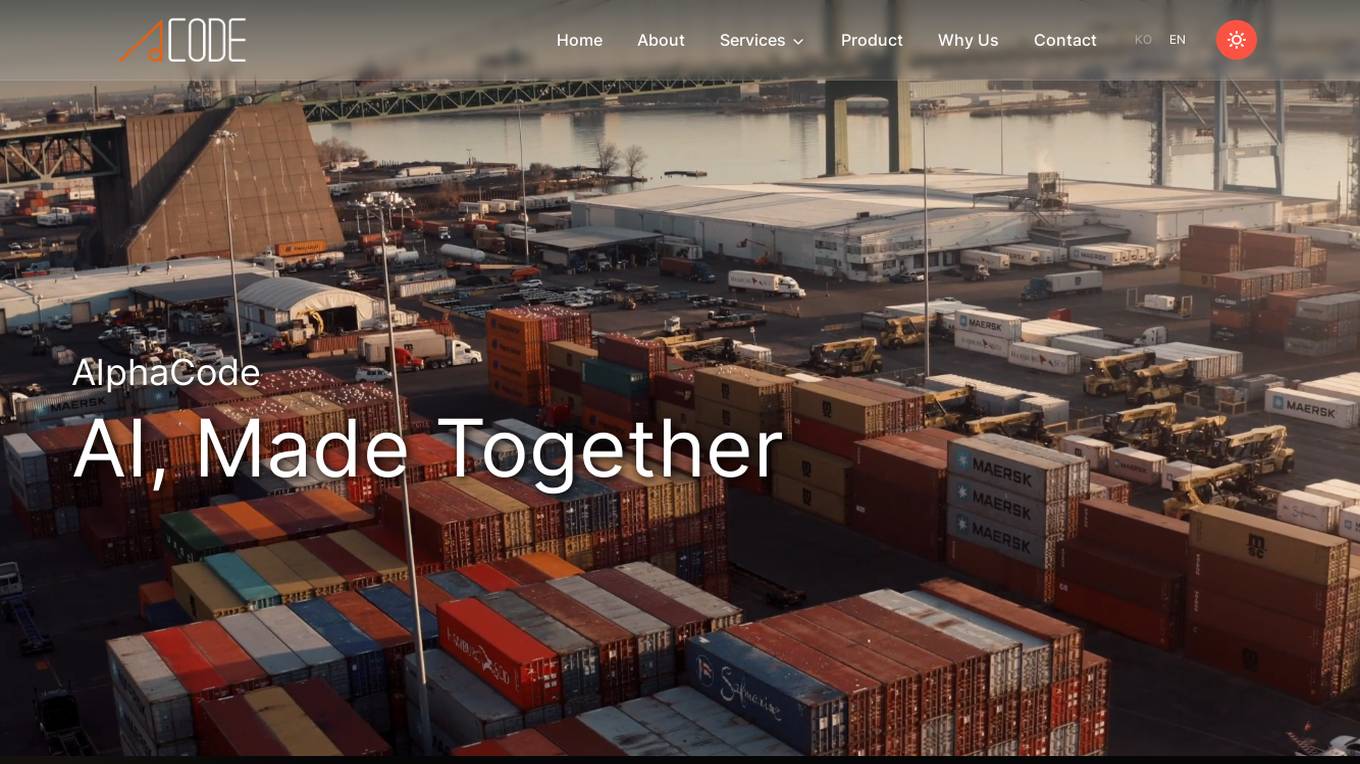
AlphaCode
AlphaCode is an AI-powered tool that helps businesses understand and leverage their data. It offers a range of services, including data vision, cloud, and product development. AlphaCode's AI capabilities enable it to analyze data, identify patterns, and make predictions, helping businesses make better decisions and achieve their goals.
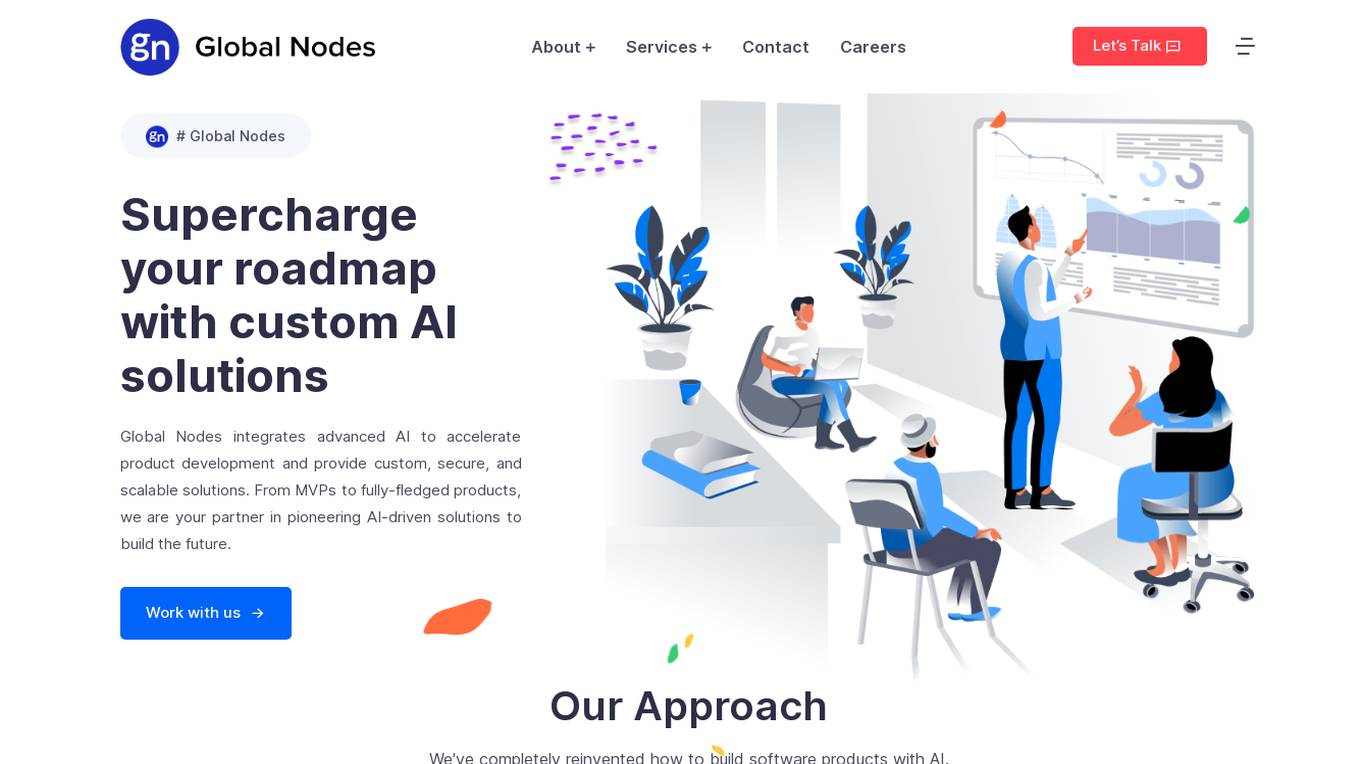
Global Nodes
Global Nodes is a global leader in innovative solutions, specializing in Artificial Intelligence, Data Engineering, Cloud Services, Software Development, and Mobile App Development. They integrate advanced AI to accelerate product development and provide custom, secure, and scalable solutions. With a focus on cutting-edge technology and visionary thinking, Global Nodes offers services ranging from ideation and design to precision execution, transforming concepts into market-ready products. Their team has extensive experience in delivering top-notch AI, cloud, and data engineering services, making them a trusted partner for businesses worldwide.
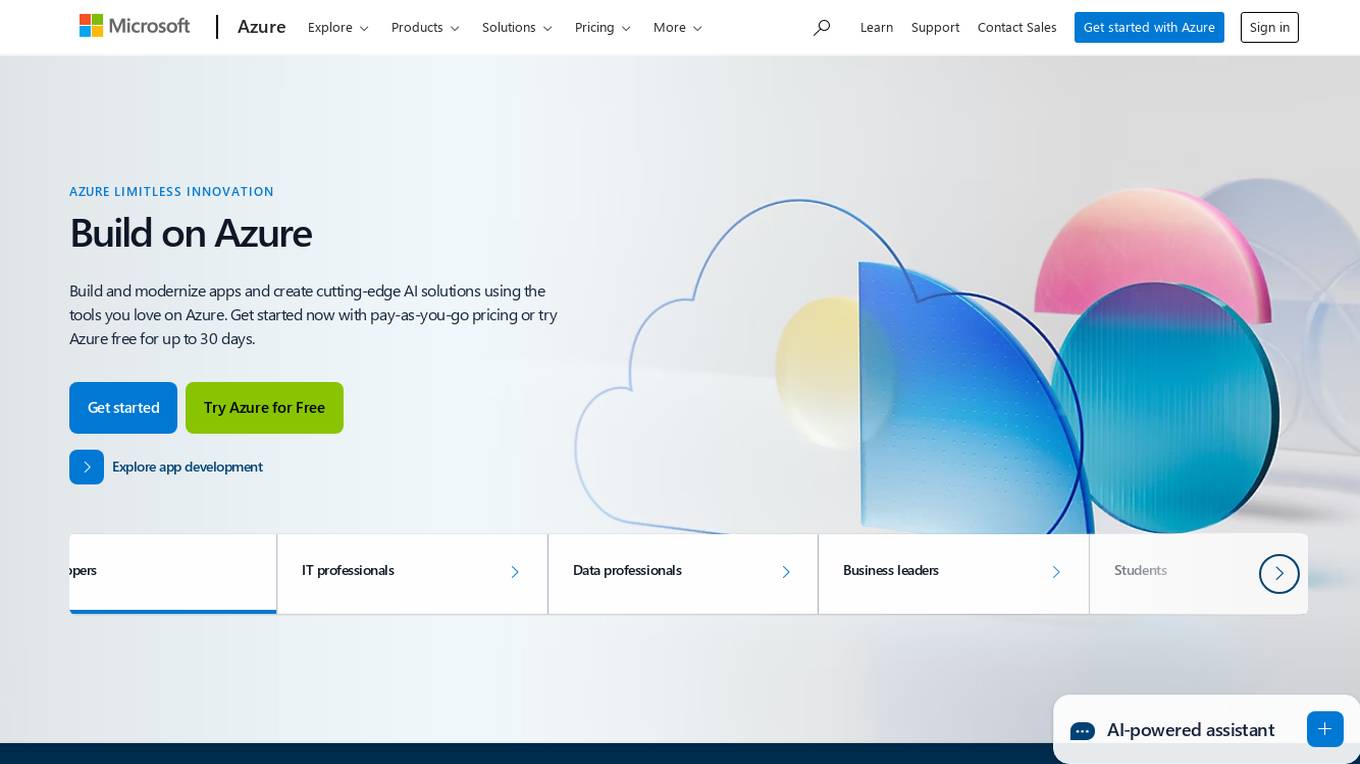
Microsoft Azure
The website is Microsoft Azure, a cloud computing service offering a wide range of products and solutions for businesses and developers. Azure provides global infrastructure, FinOps, AI services, compute resources, containers, hybrid and multicloud solutions, analytics, application development, and more. It aims to empower users to innovate, modernize, and scale their applications and workloads efficiently on a secure and flexible cloud platform.

DBiz.ai
DBiz.ai is a high-performing product and engineering company that partners with organizations using AI-first strategies to develop digital solutions. They empower customers to preserve and enhance their current business while building the innovative future they desire through AI-driven solutions. DBiz.ai harnesses the power of AI technology to drive business success with innovative solutions, nurturing a thriving community and empowering humanity to ignite positive change using AI technology. They bridge the gap between end customer needs, business objectives, and IT organizations, inspiring and advising businesses to drive innovation and growth with cutting-edge BizDevOps strategy and advanced AI-enabled Platform Engineering Framework.
0 - Open Source AI Tools
20 - OpenAI Gpts
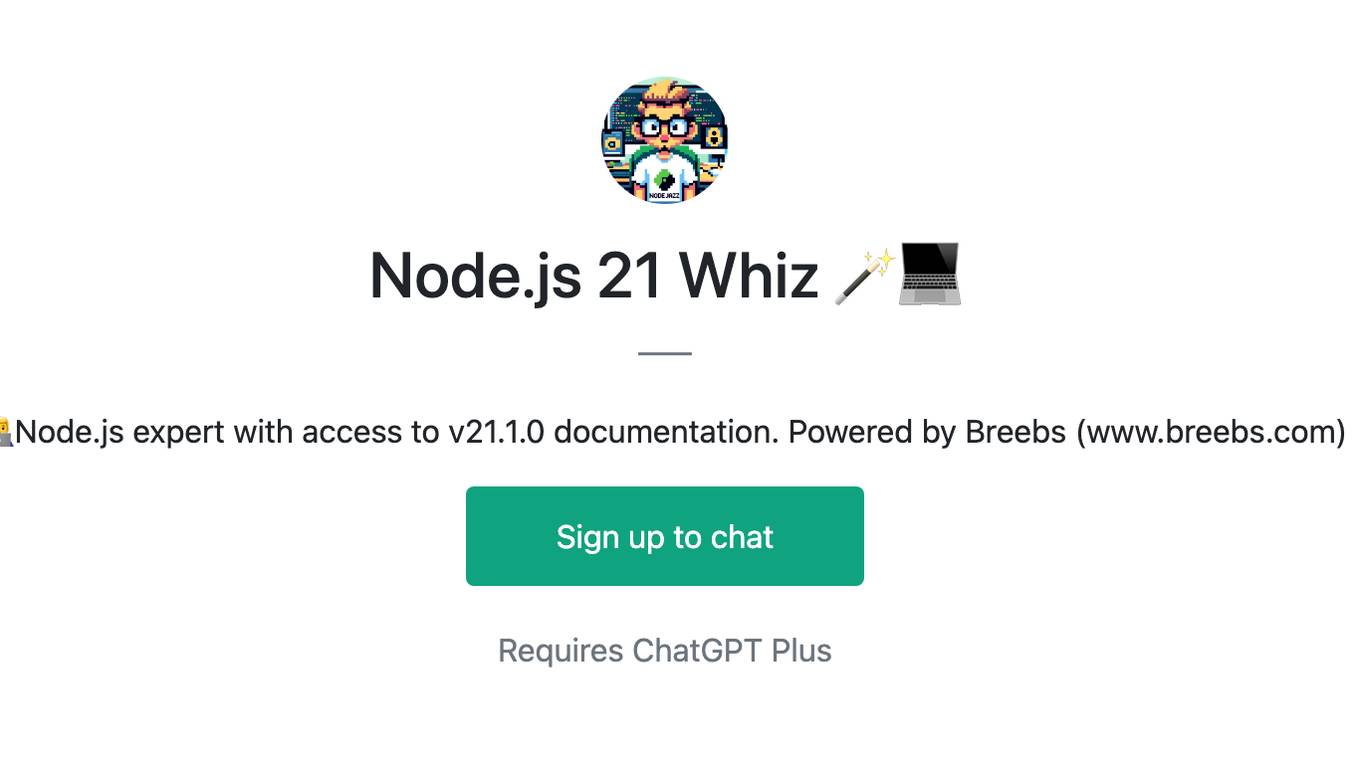
Node.js 21 Whiz 🪄💻
👨💻Node.js expert with access to v21.1.0 documentation. Powered by Breebs (www.breebs.com)
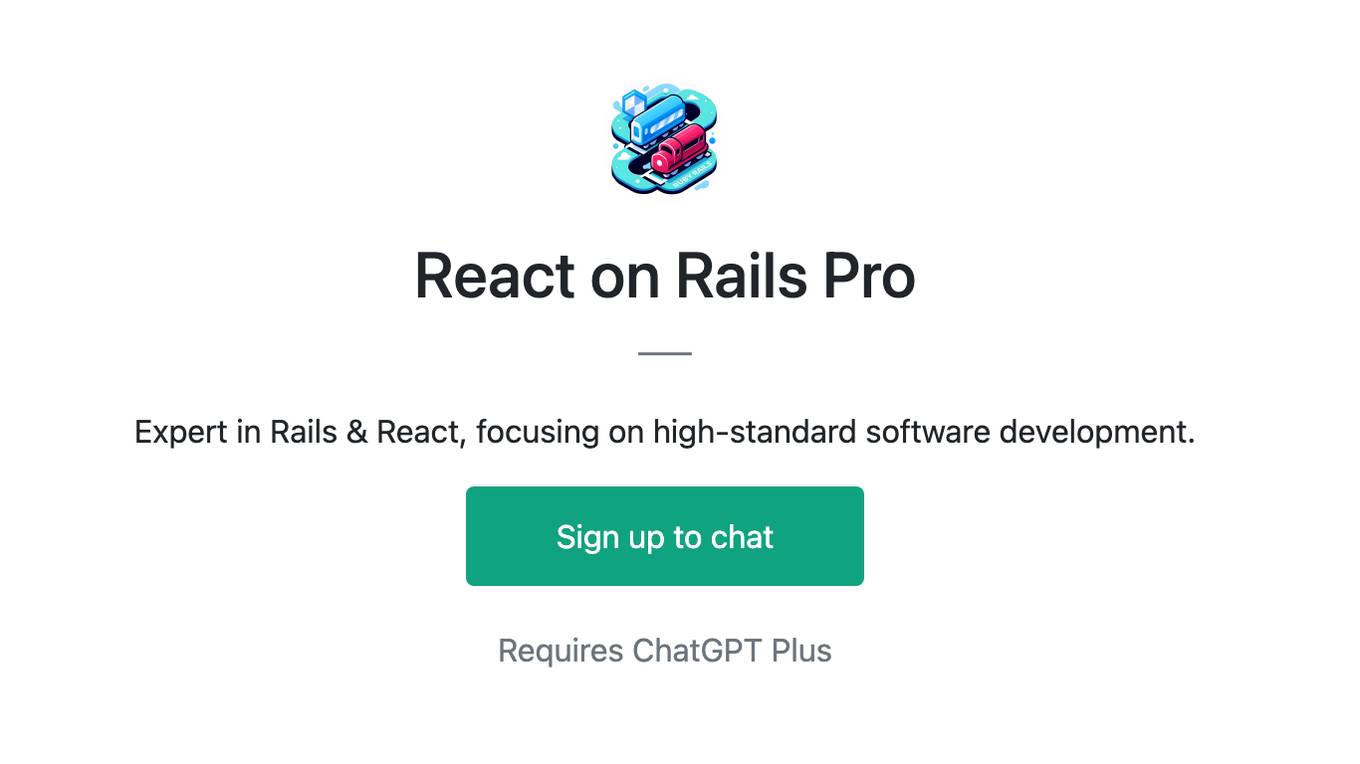
React on Rails Pro
Expert in Rails & React, focusing on high-standard software development.
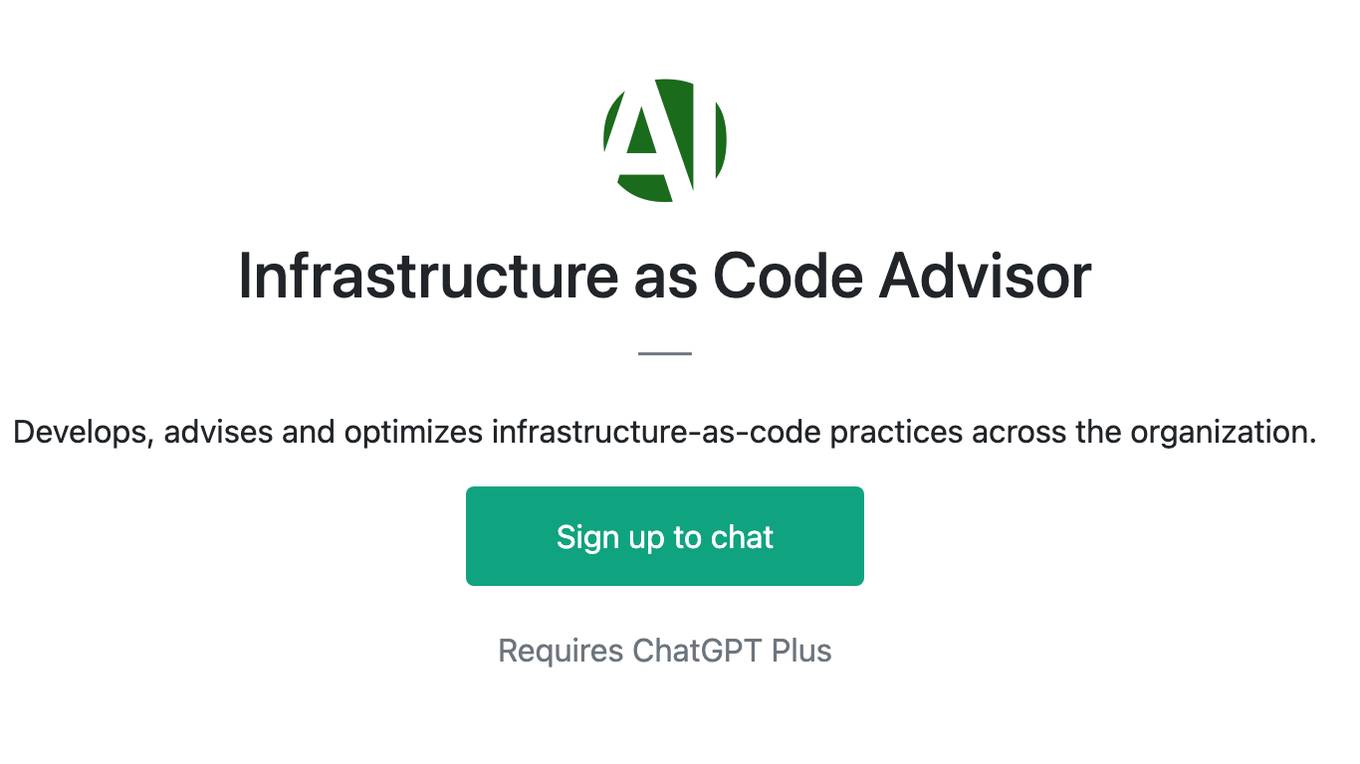
Infrastructure as Code Advisor
Develops, advises and optimizes infrastructure-as-code practices across the organization.
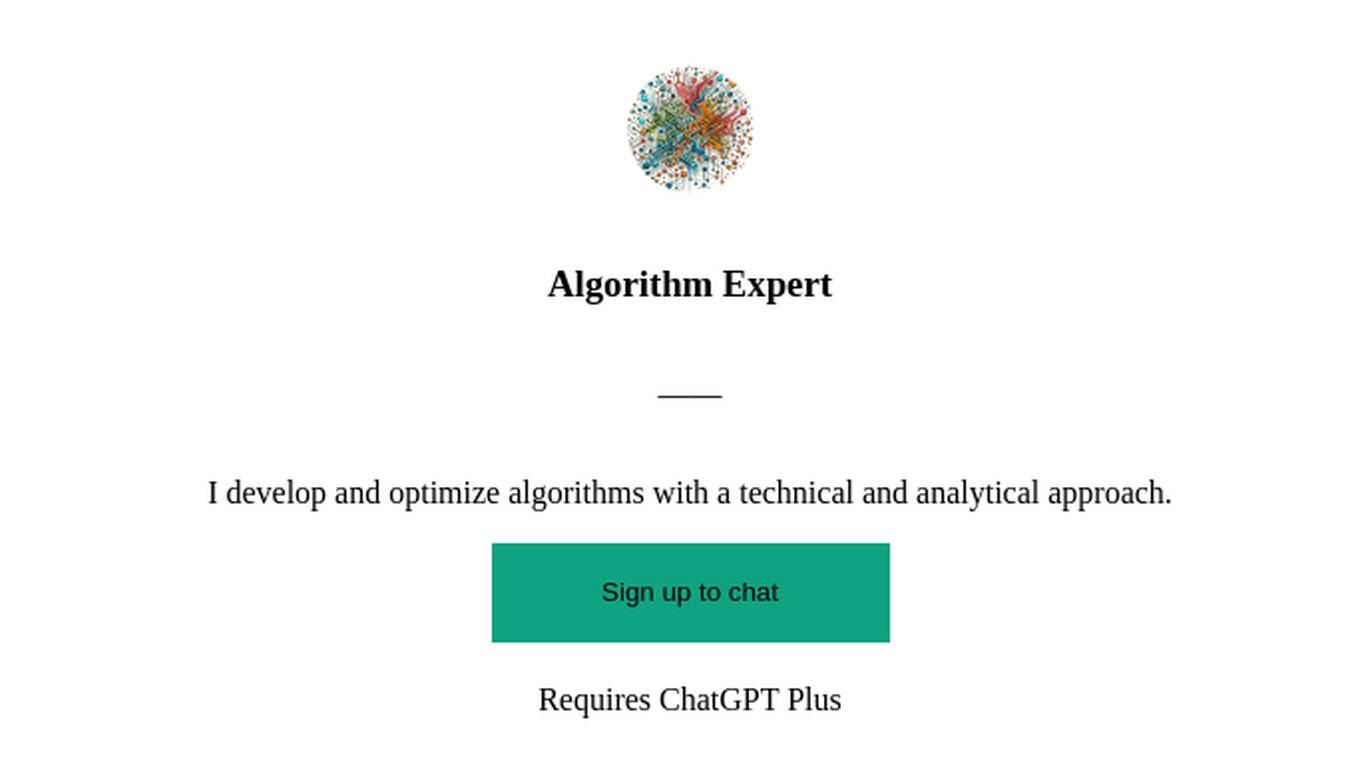
Algorithm Expert
I develop and optimize algorithms with a technical and analytical approach.

Gastronomica
Develop recipes with a deep knowledge of food and culinary science, the art of gastronomy, as well as a sense of aesthetics.
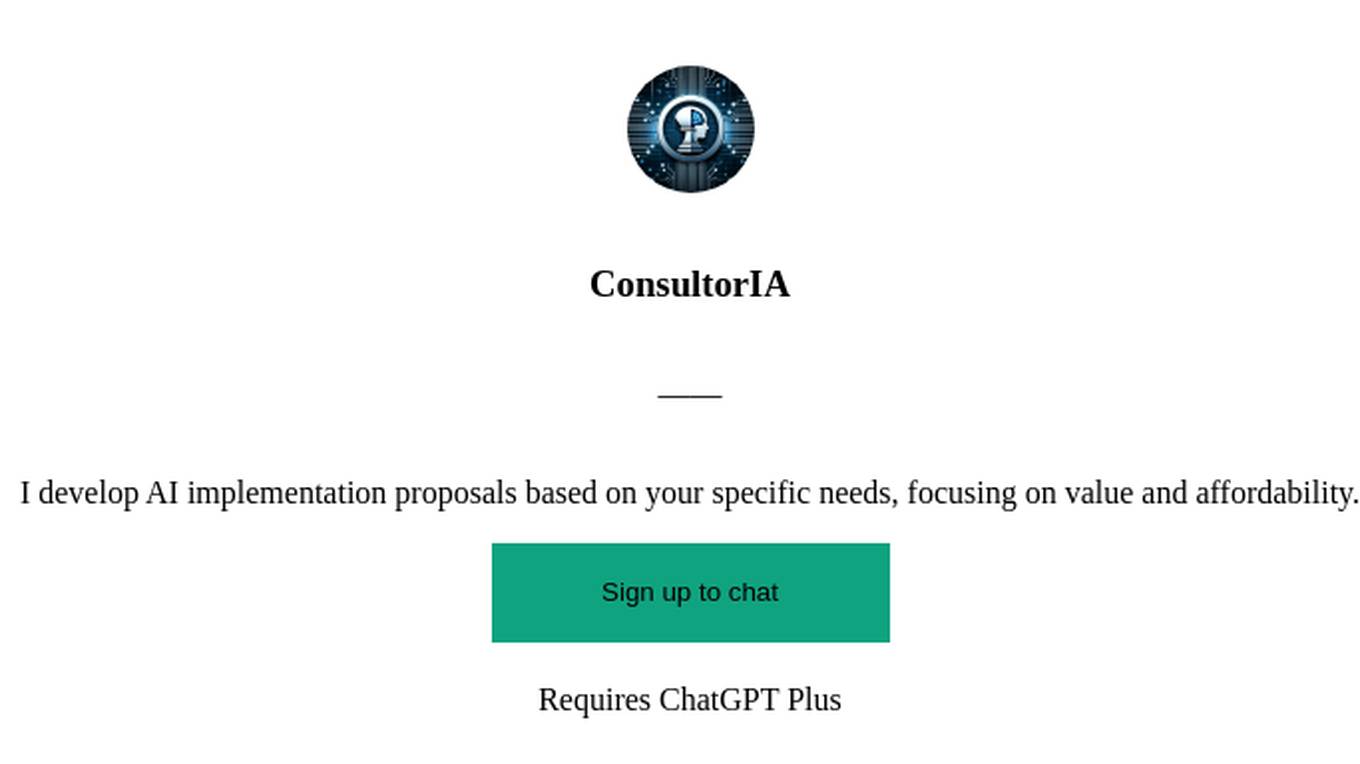
ConsultorIA
I develop AI implementation proposals based on your specific needs, focusing on value and affordability.
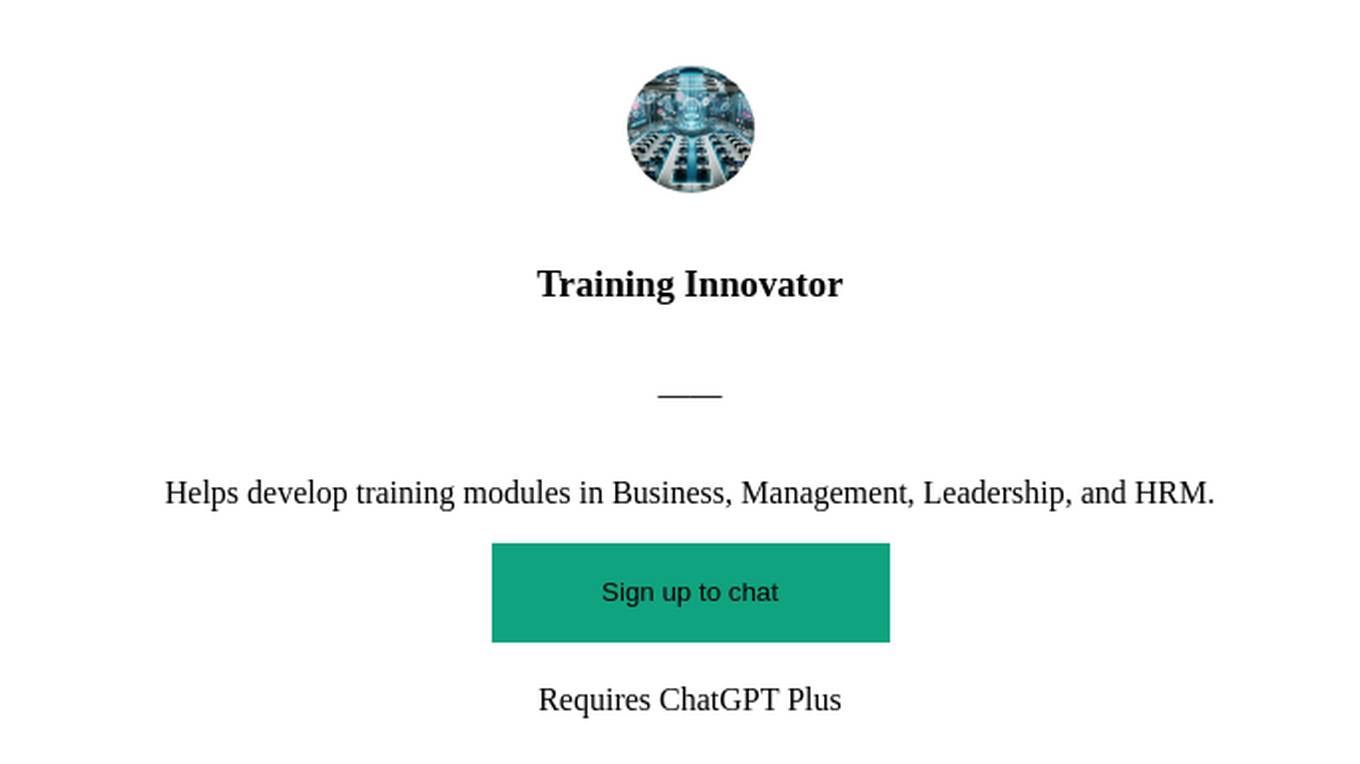
Training Innovator
Helps develop training modules in Business, Management, Leadership, and HRM.
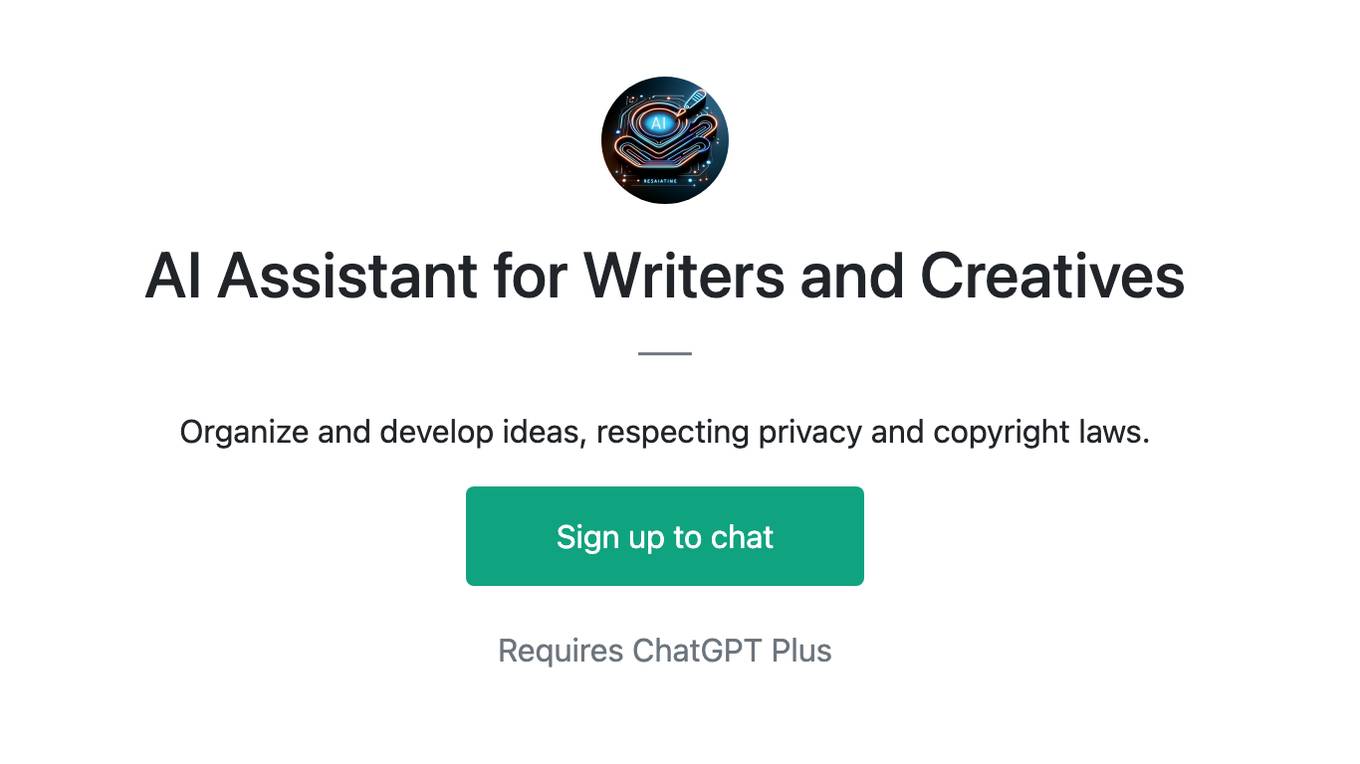
AI Assistant for Writers and Creatives
Organize and develop ideas, respecting privacy and copyright laws.
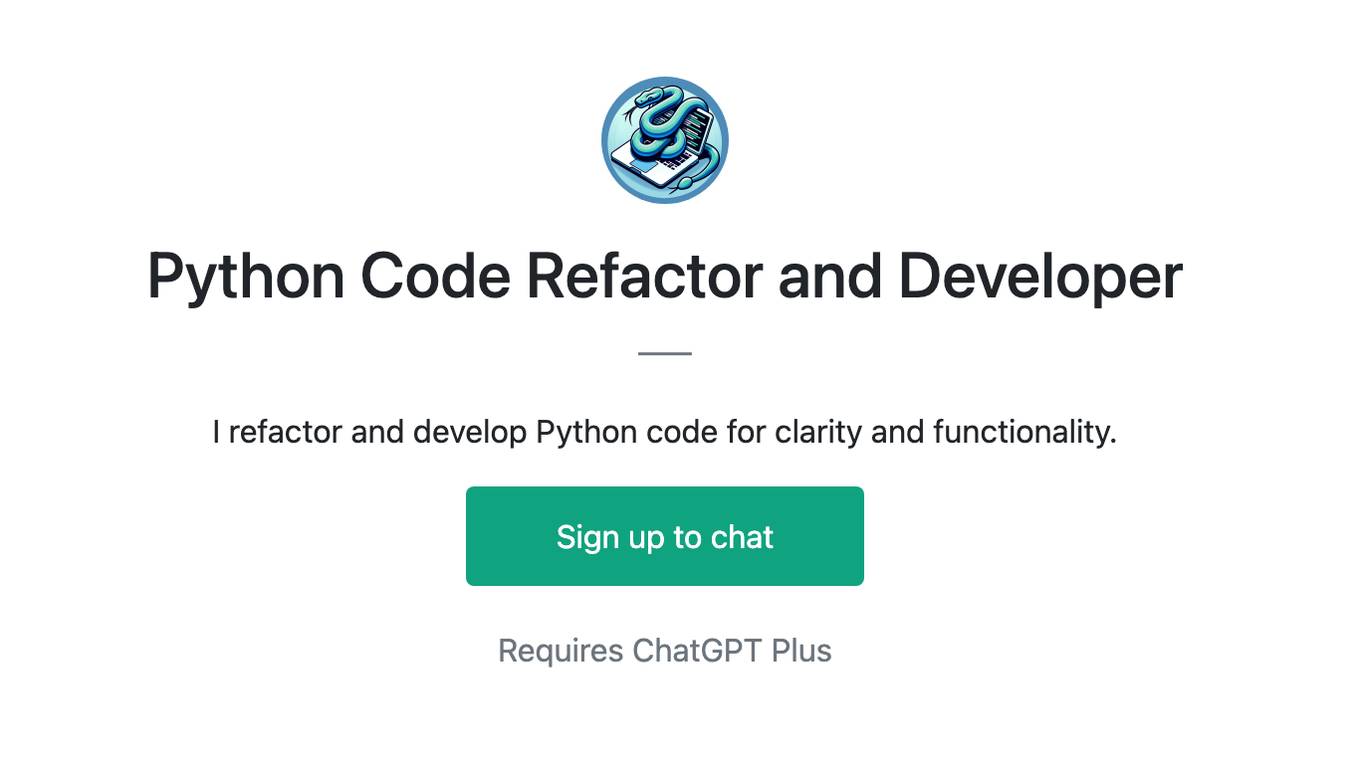
Python Code Refactor and Developer
I refactor and develop Python code for clarity and functionality.
